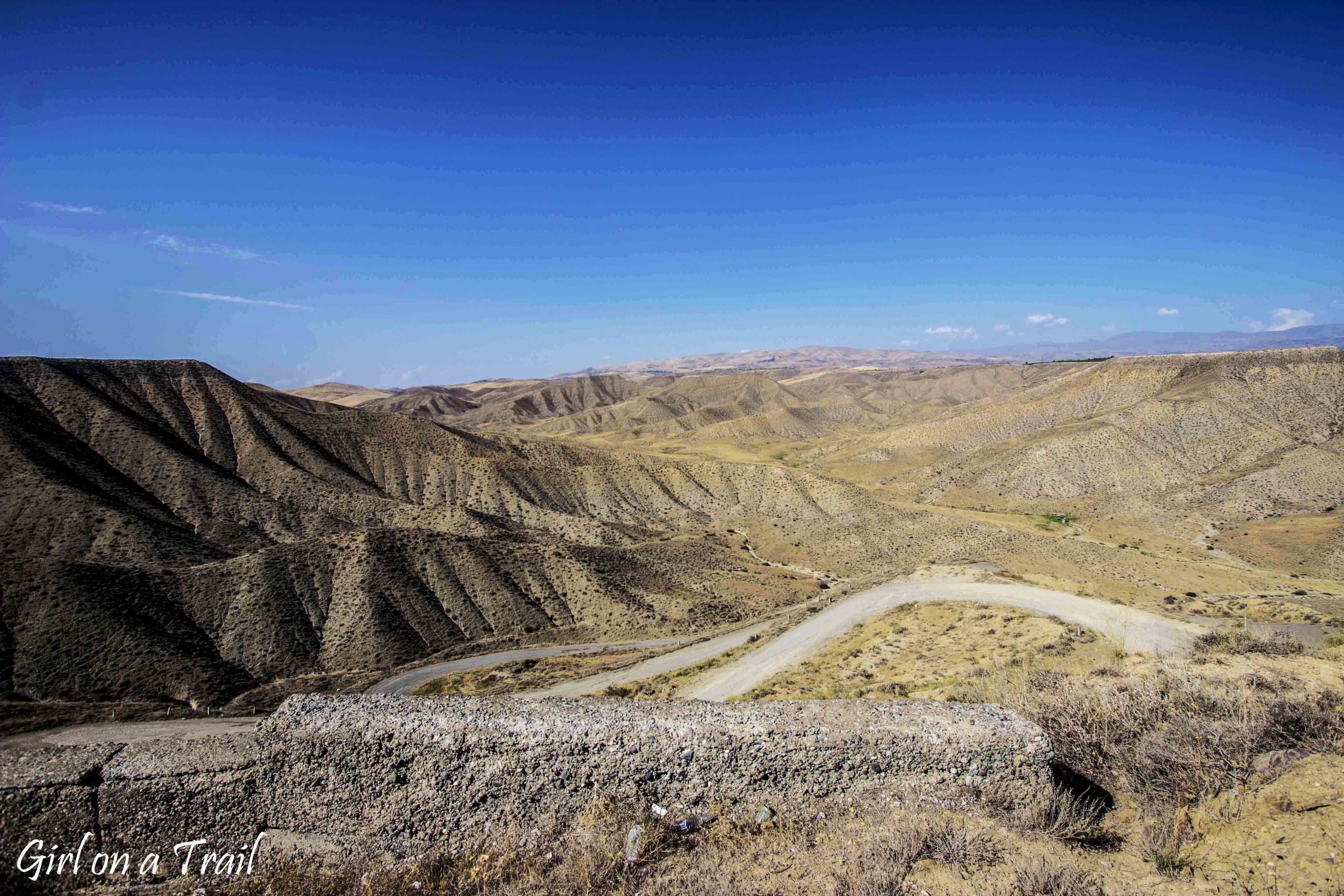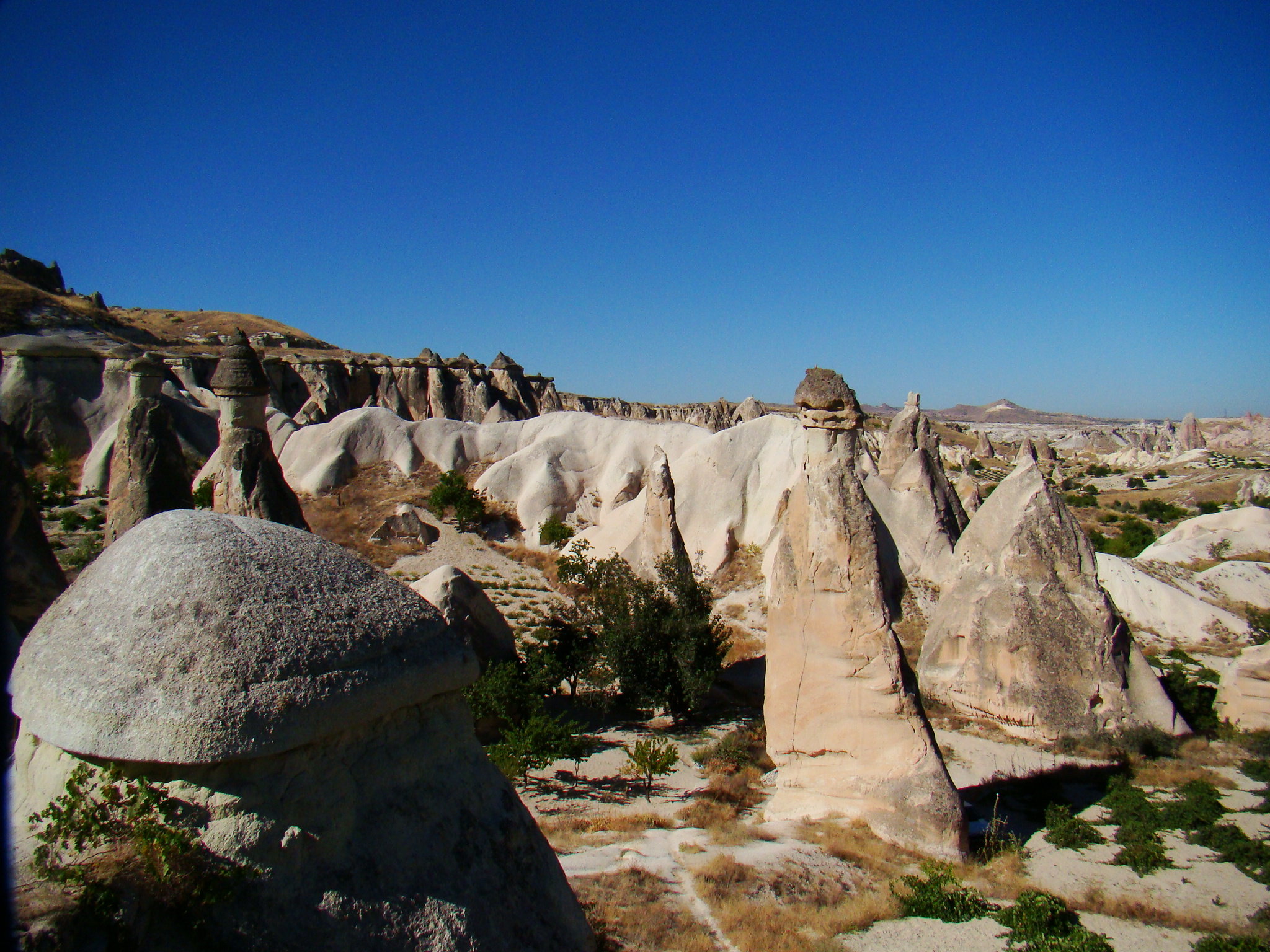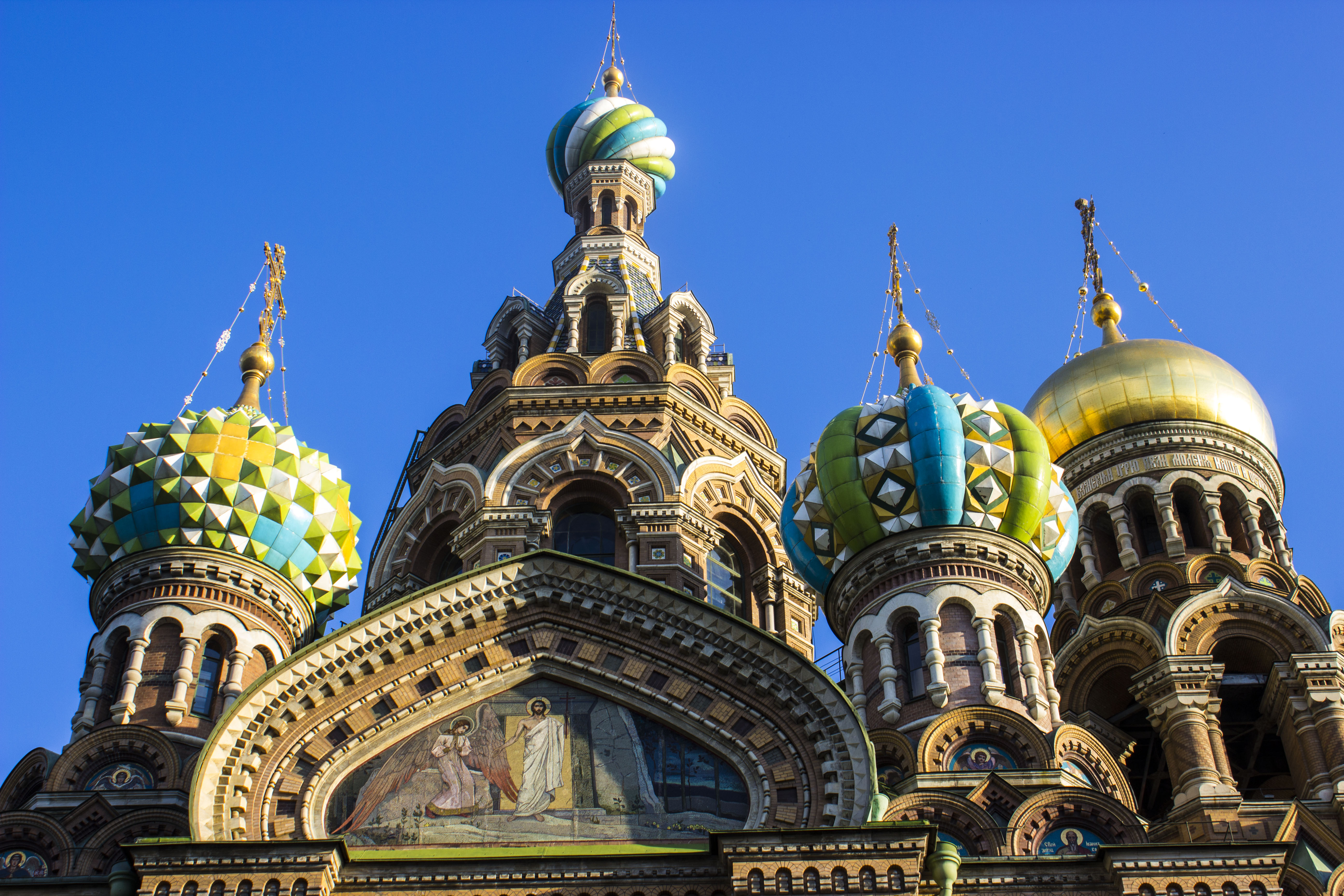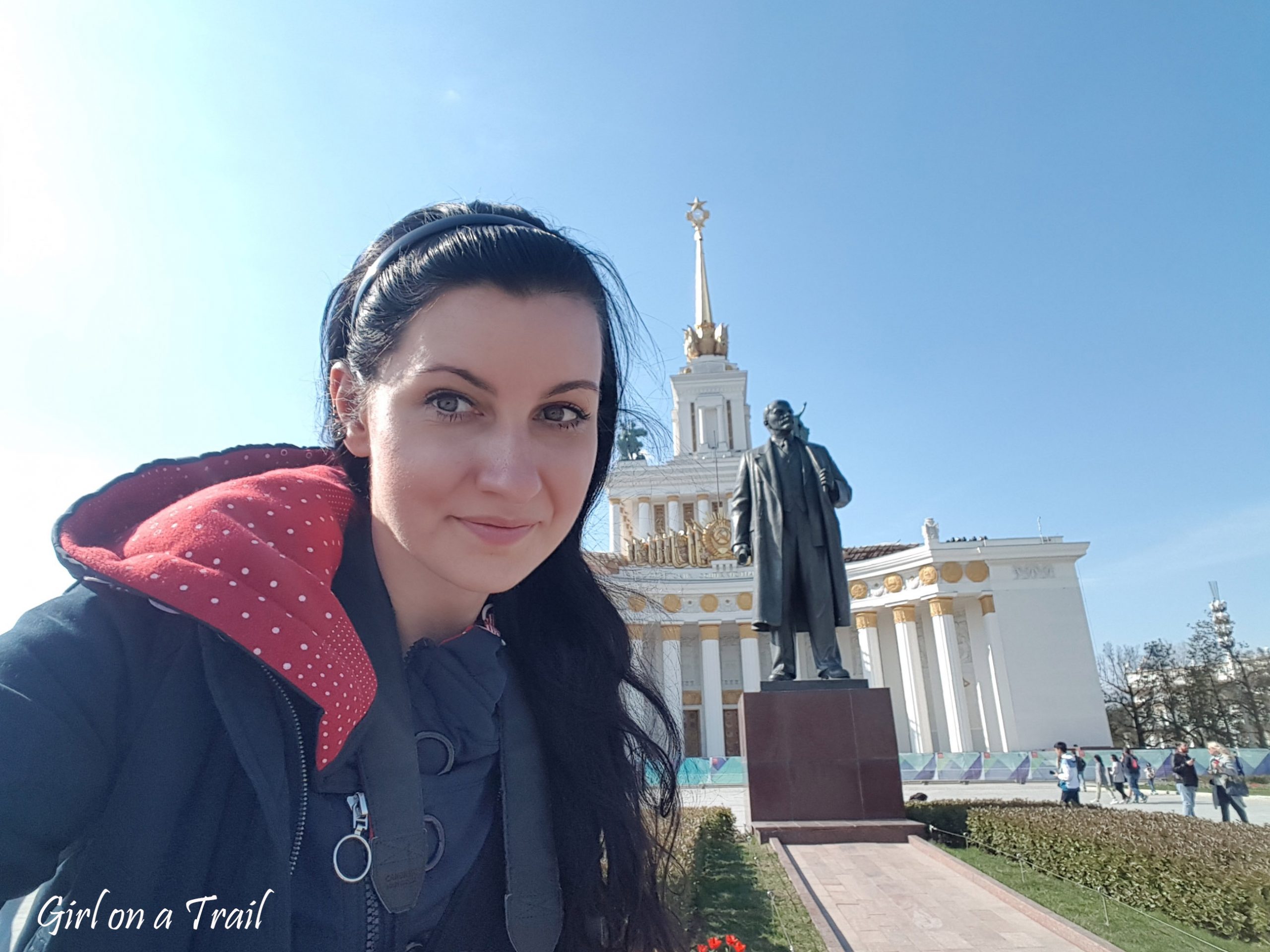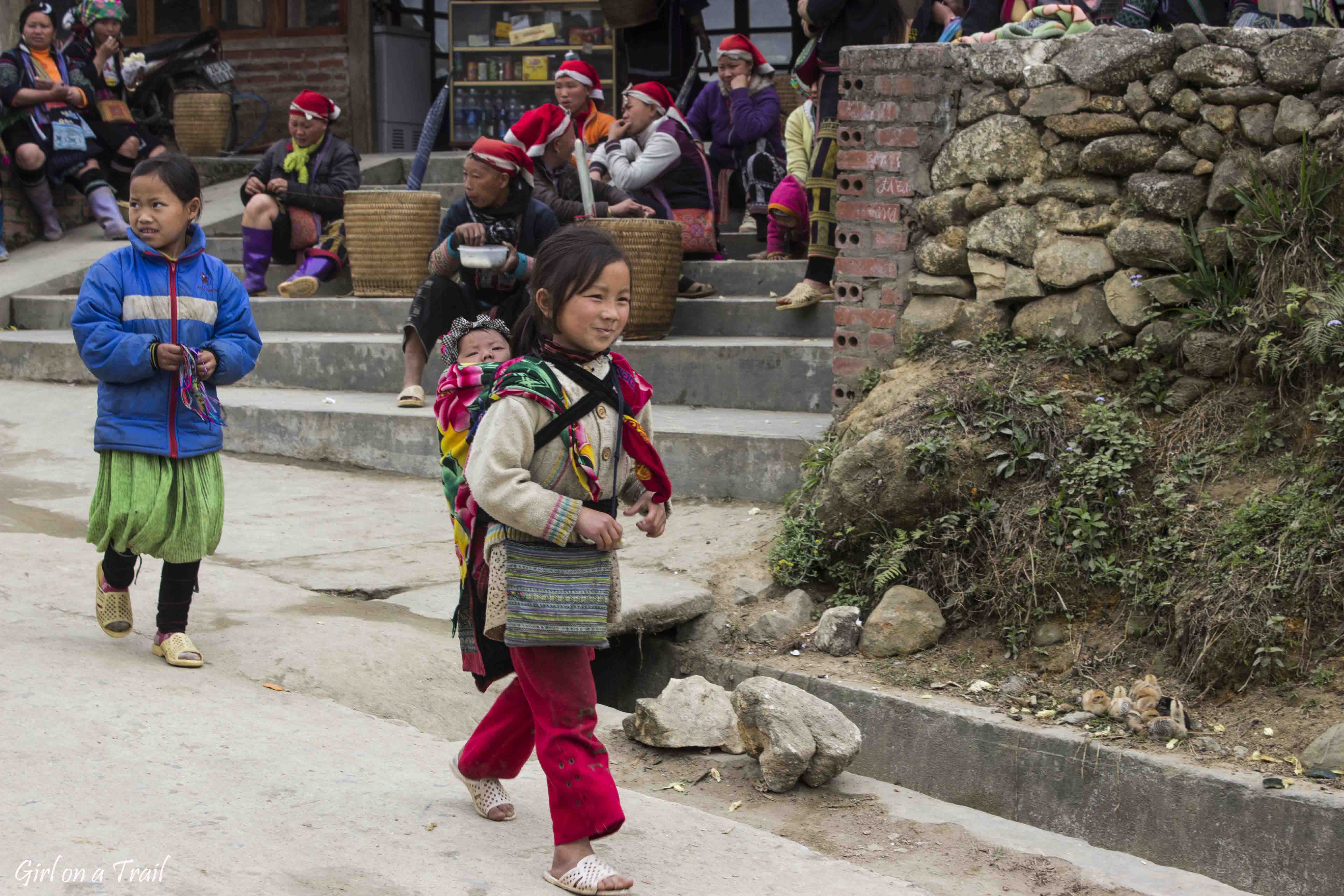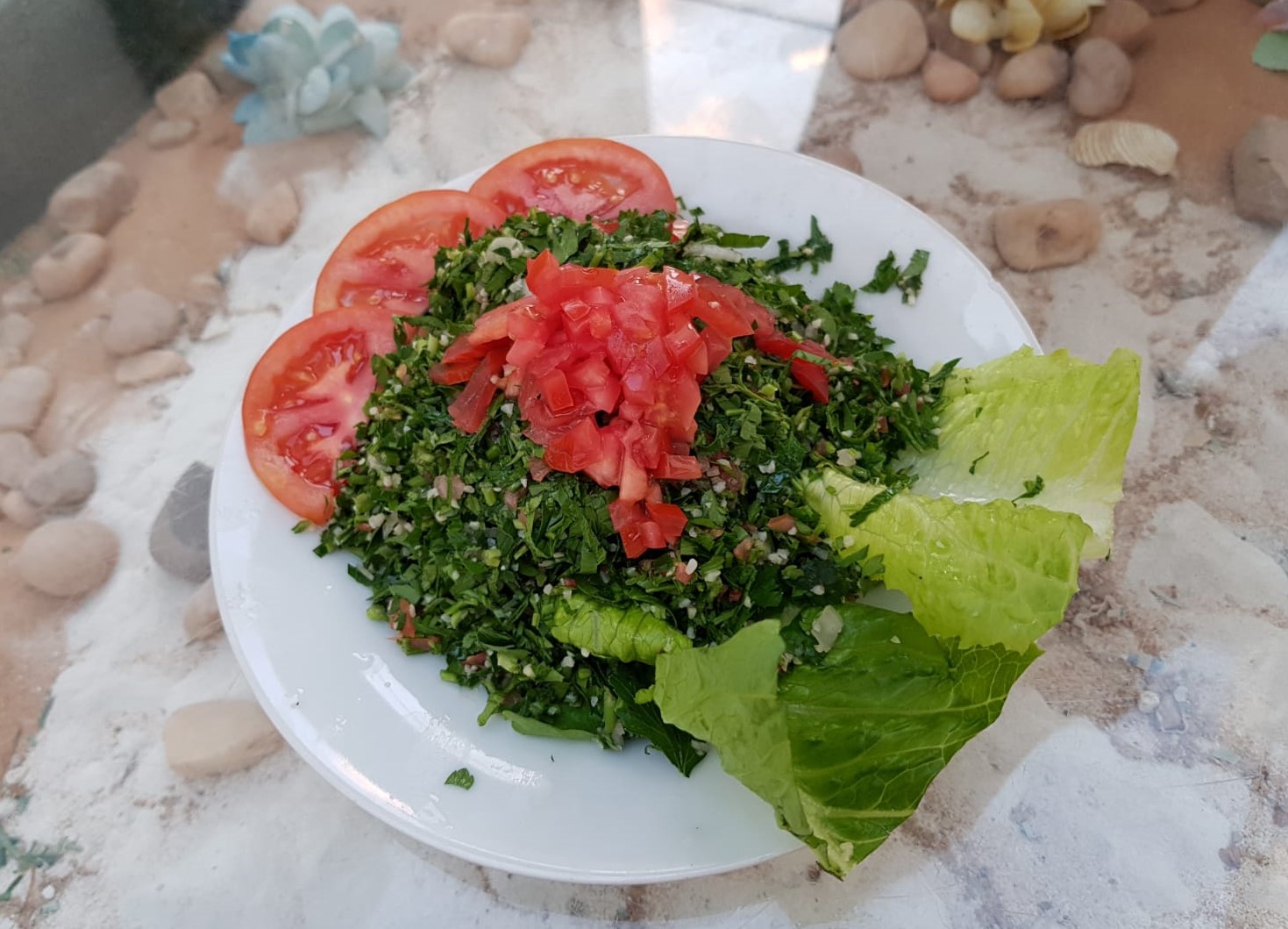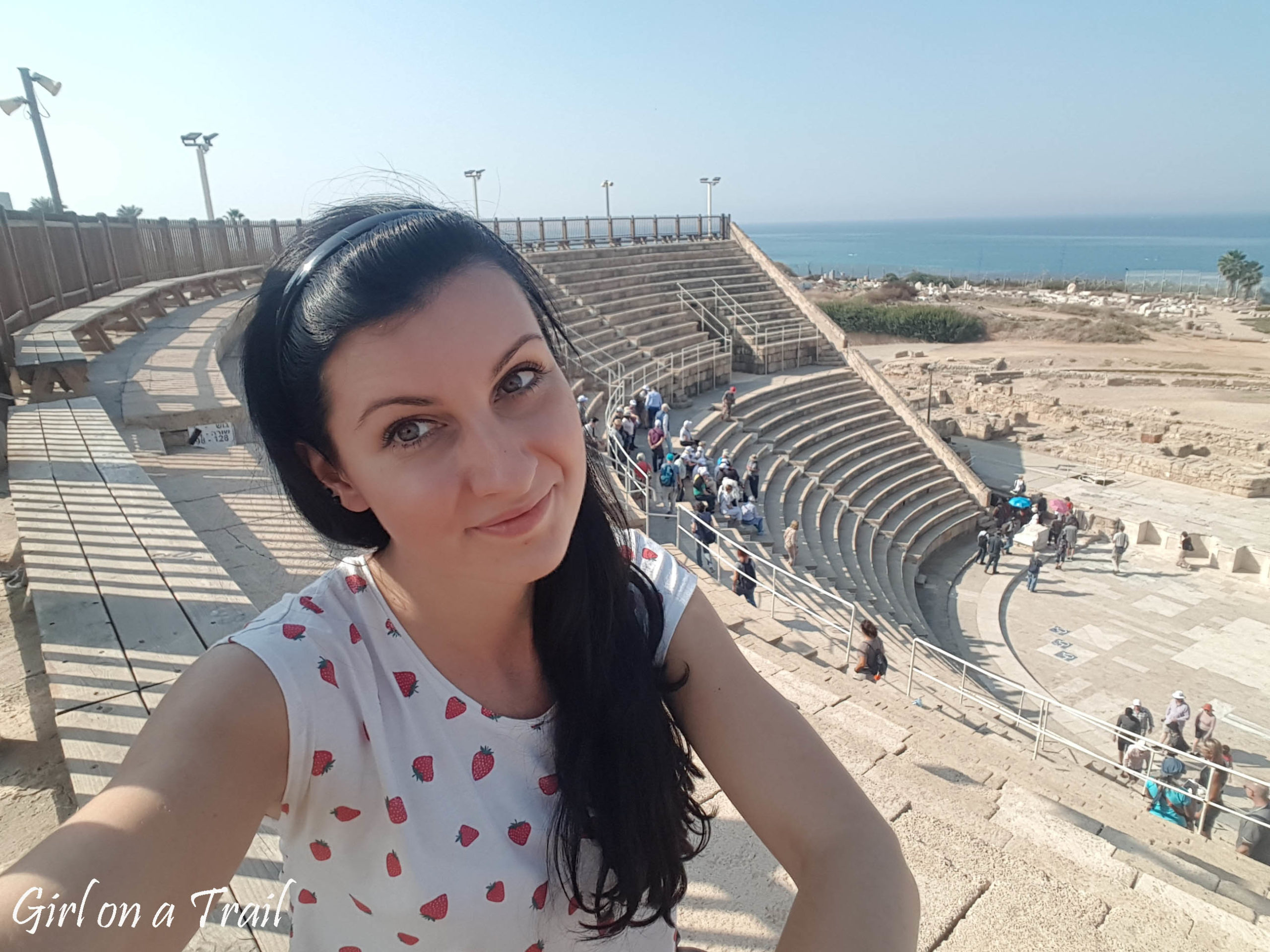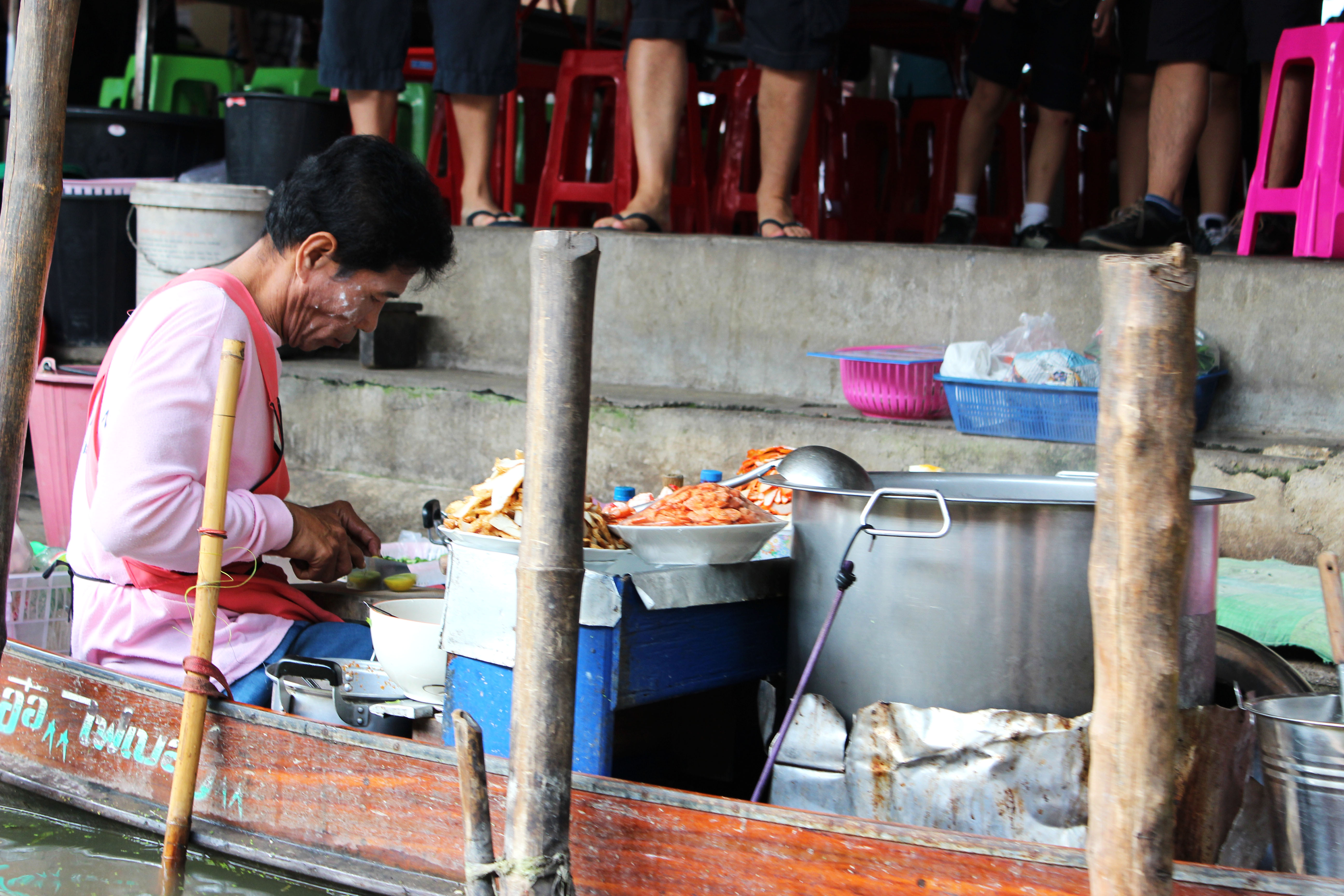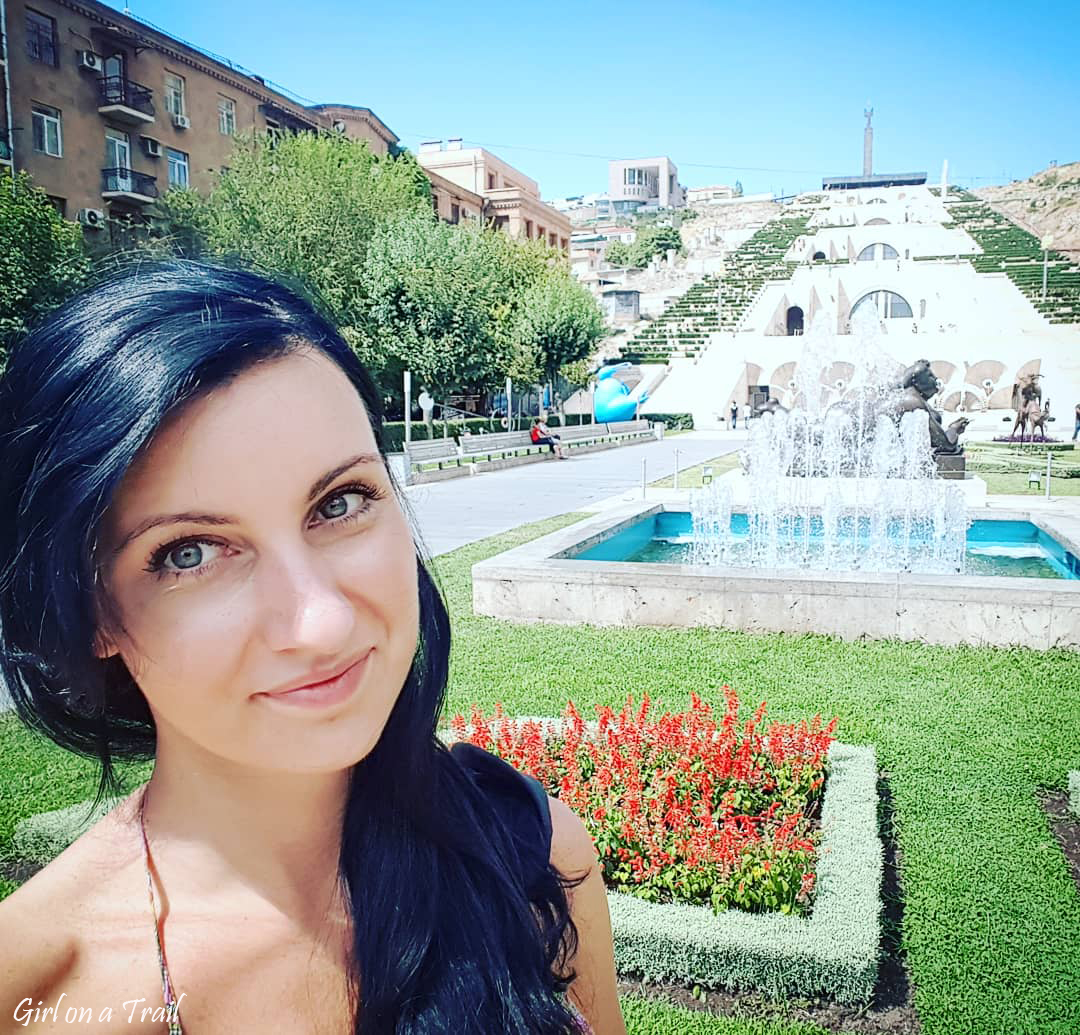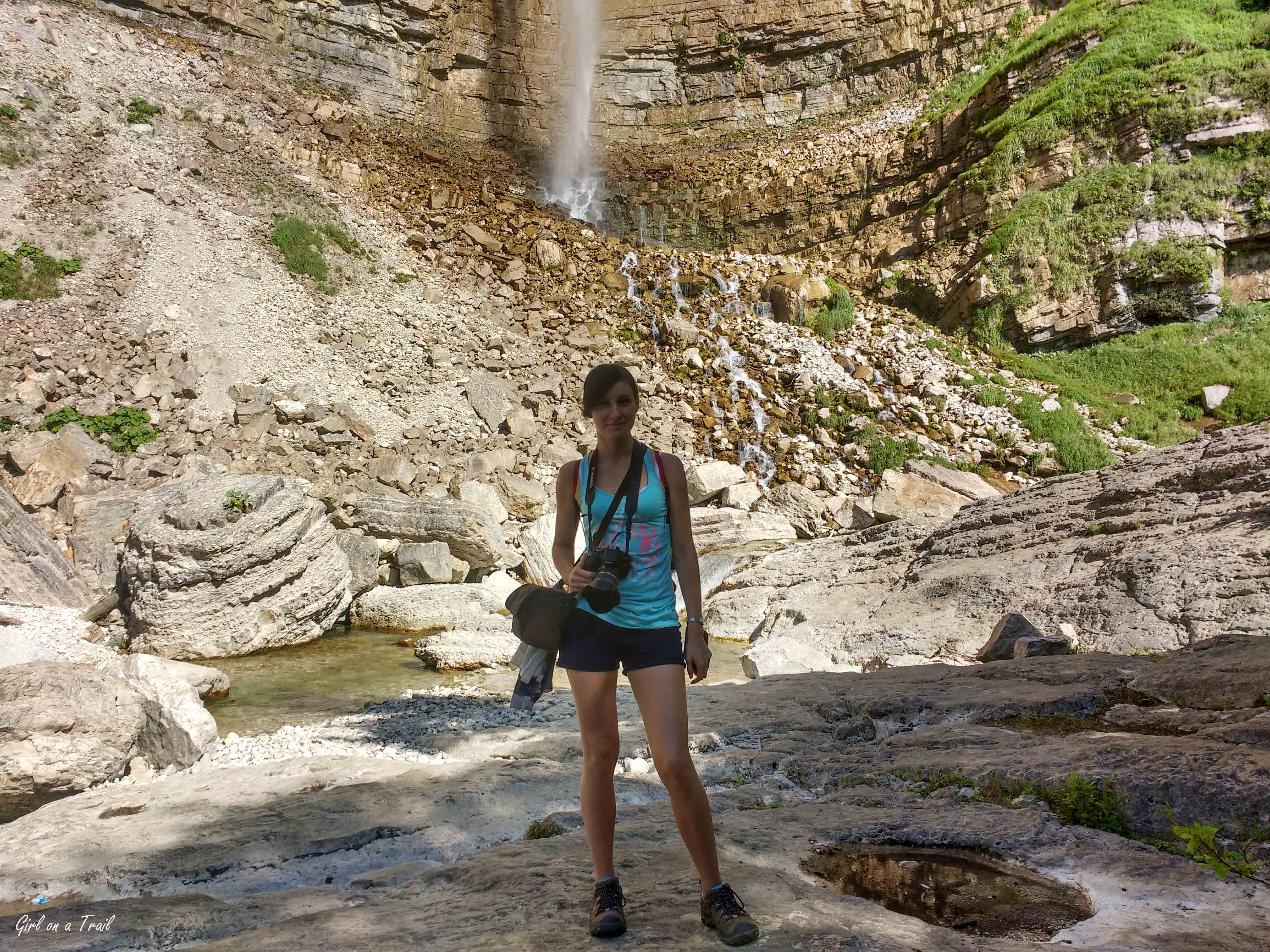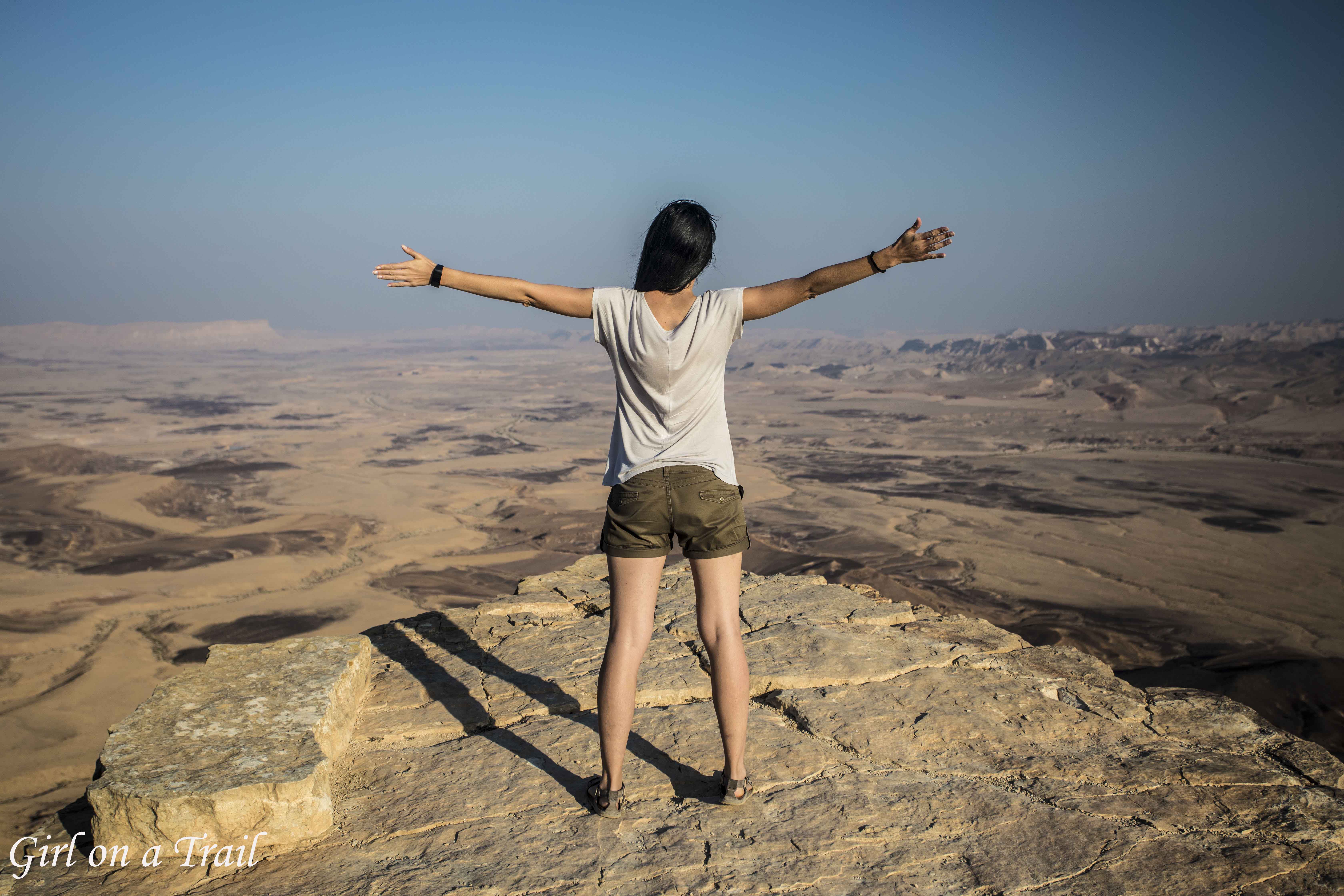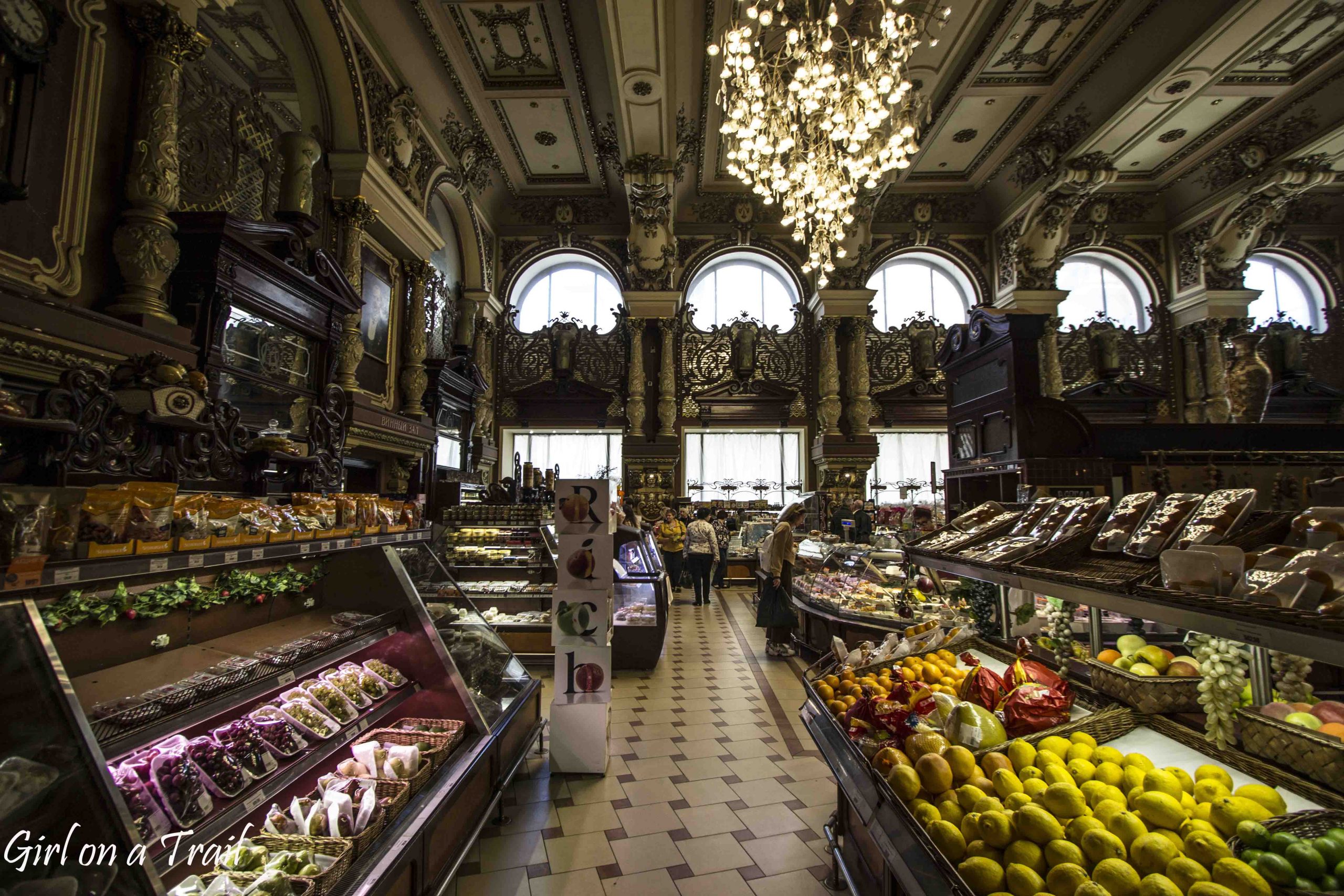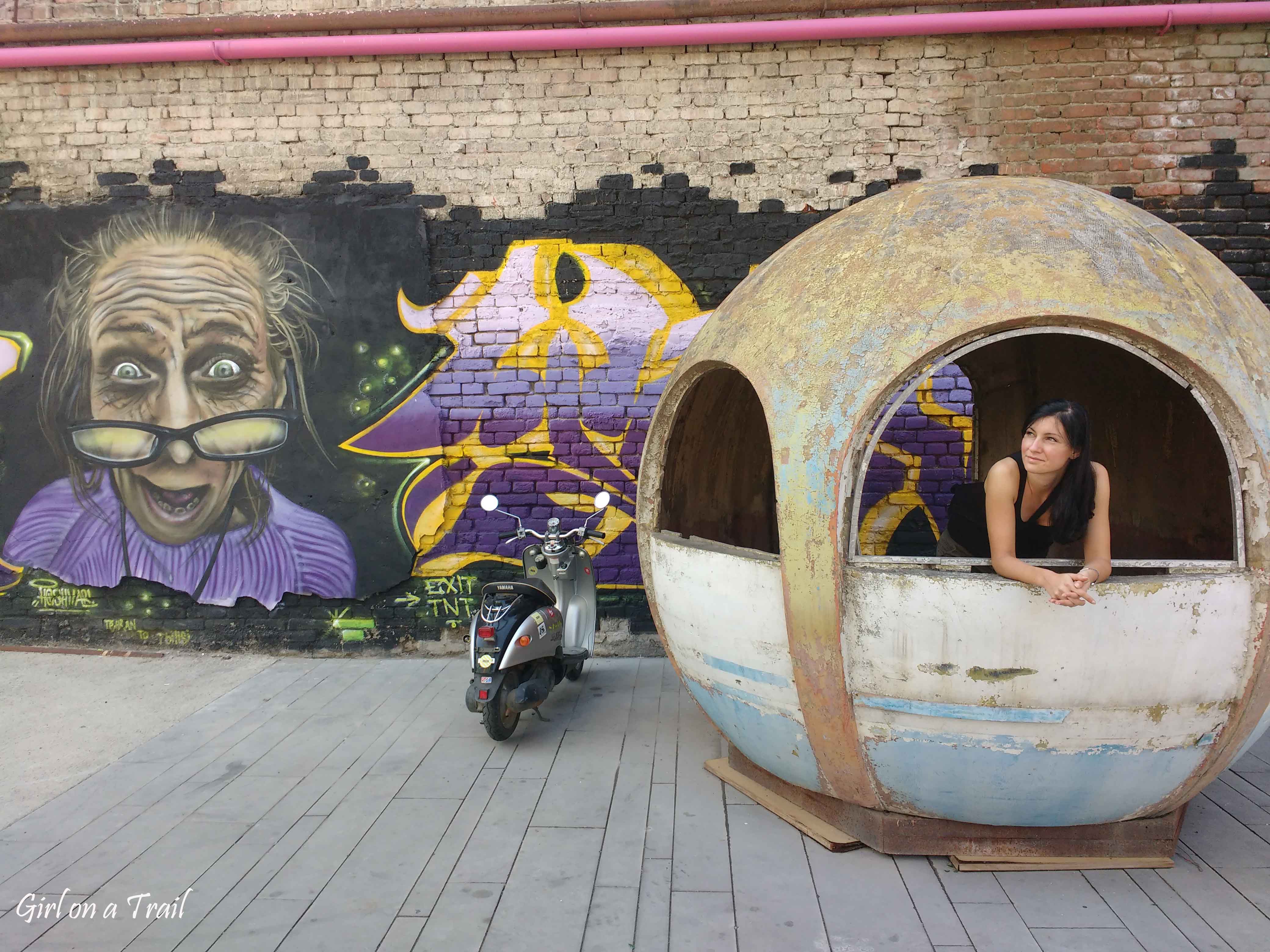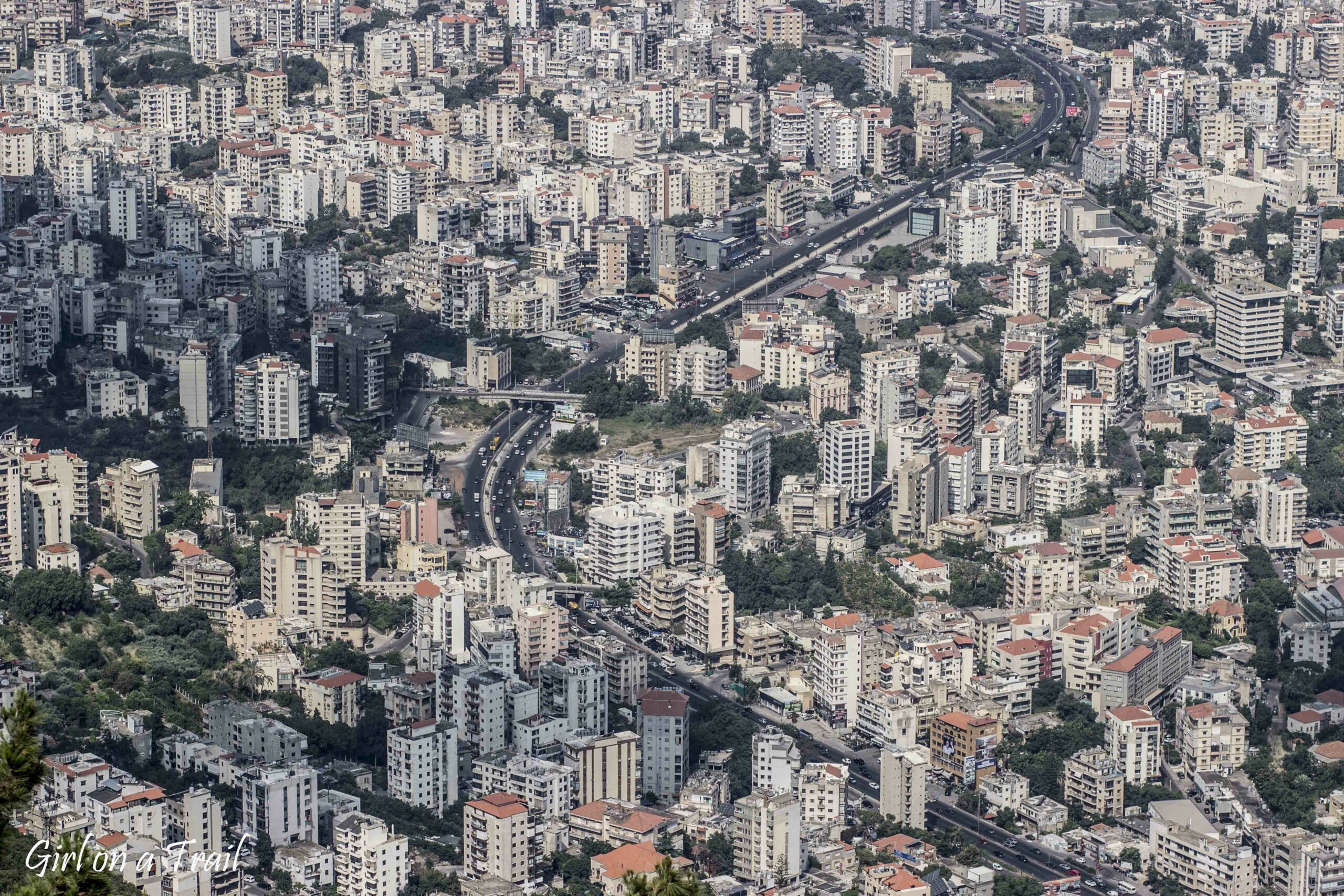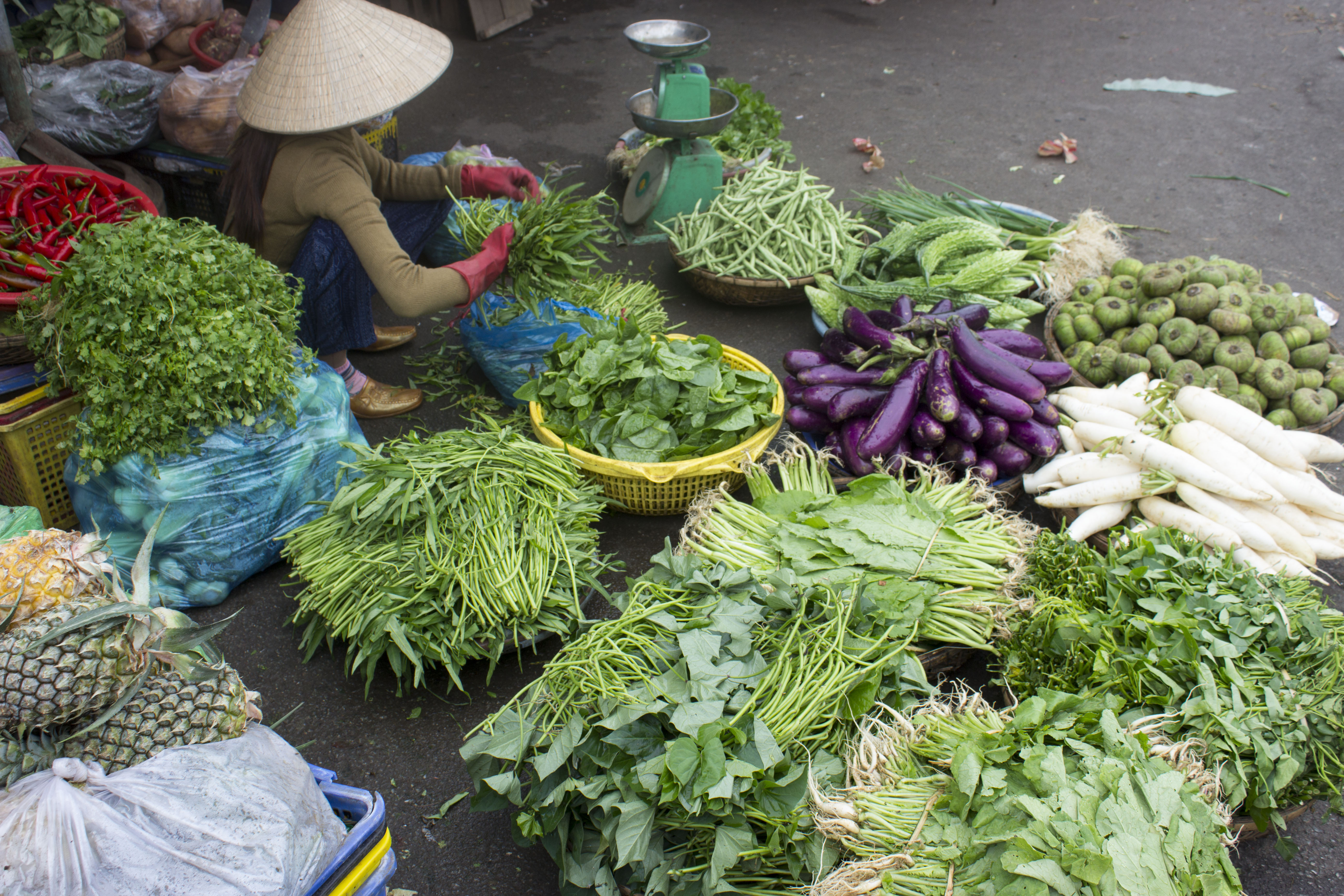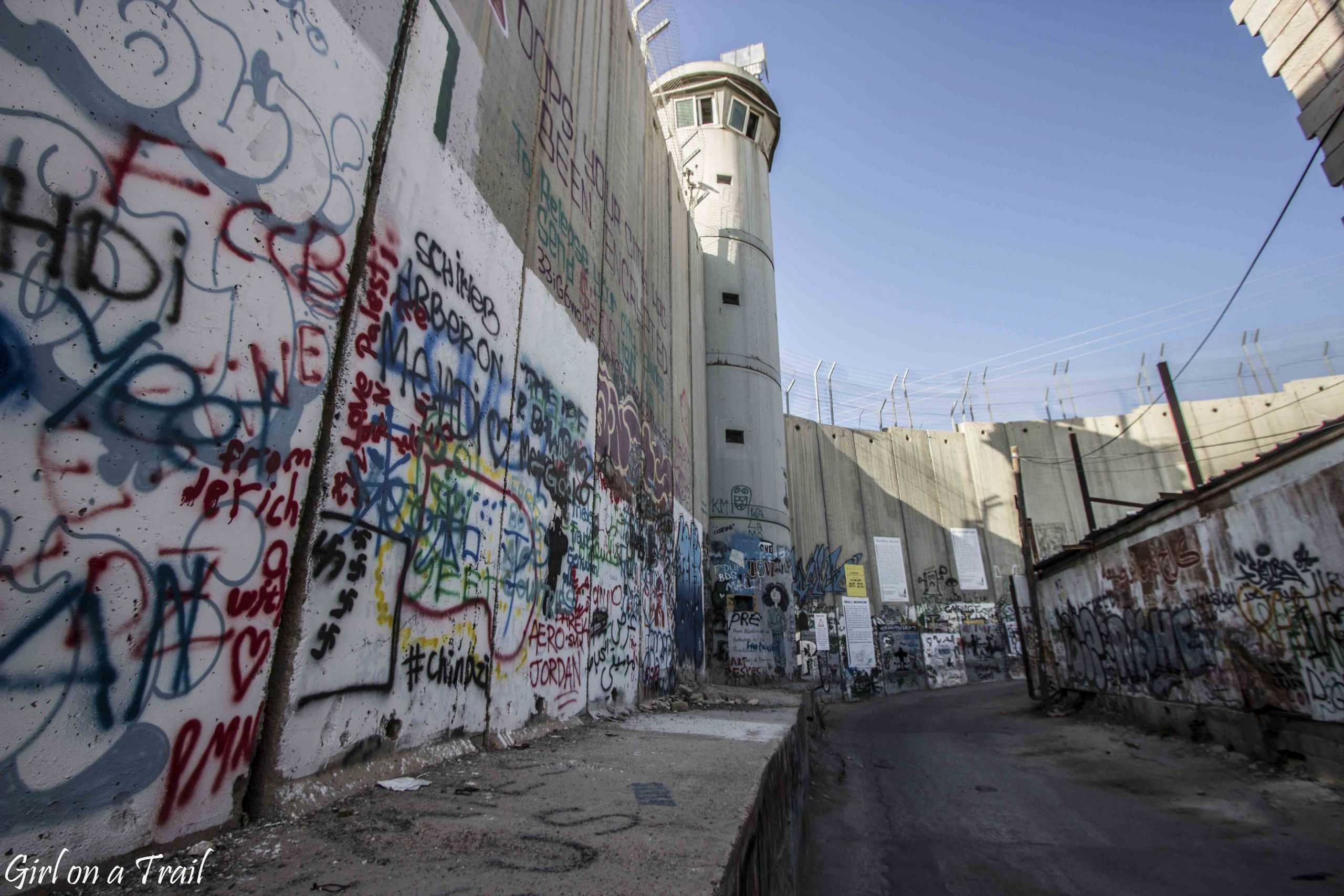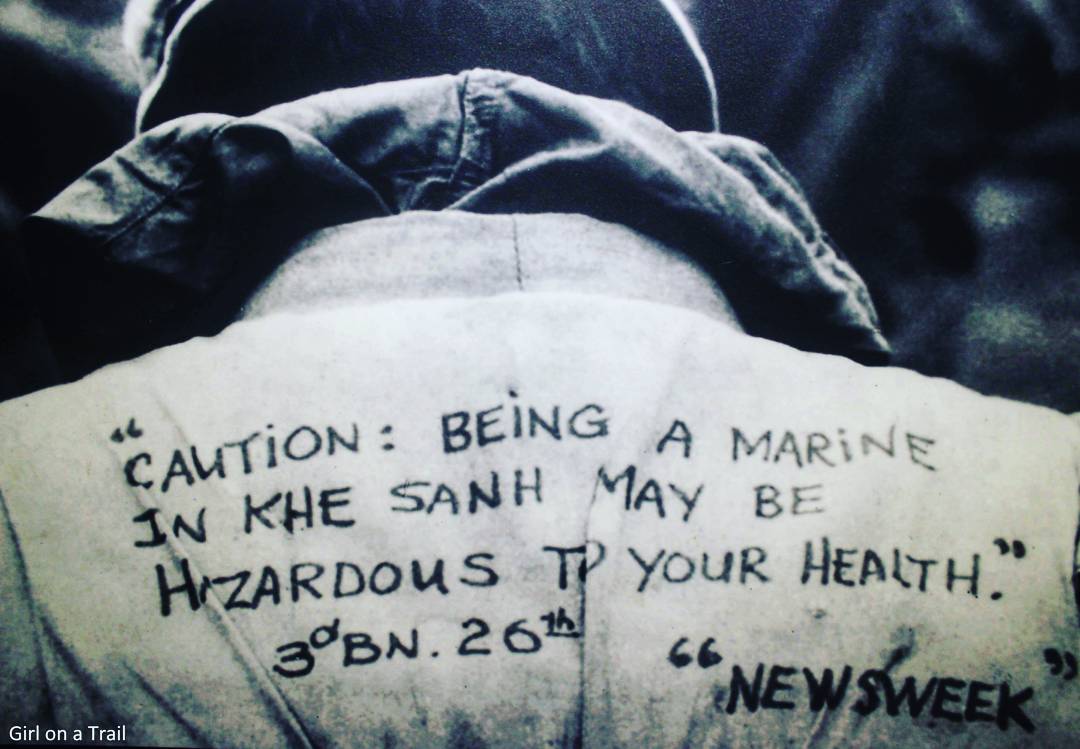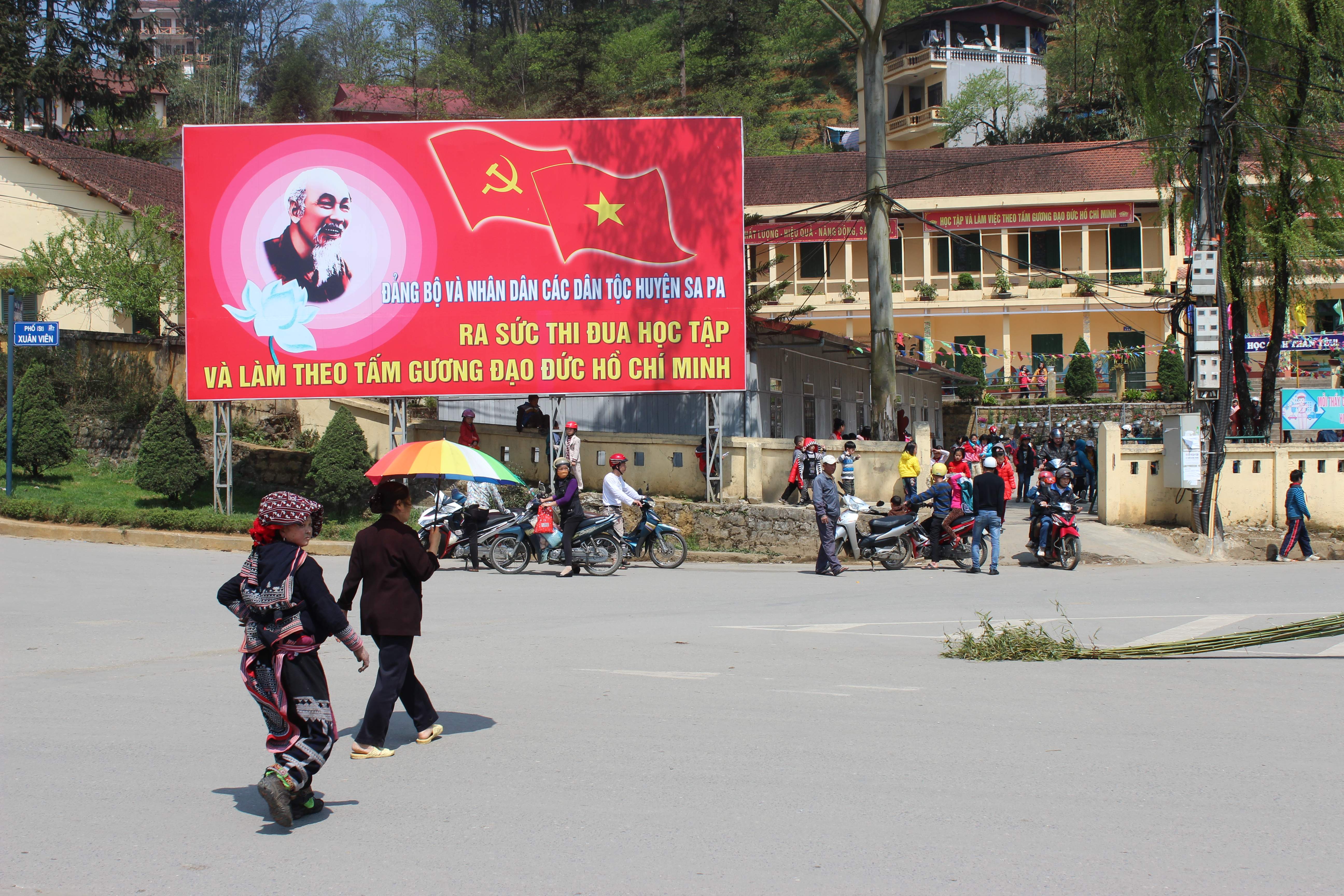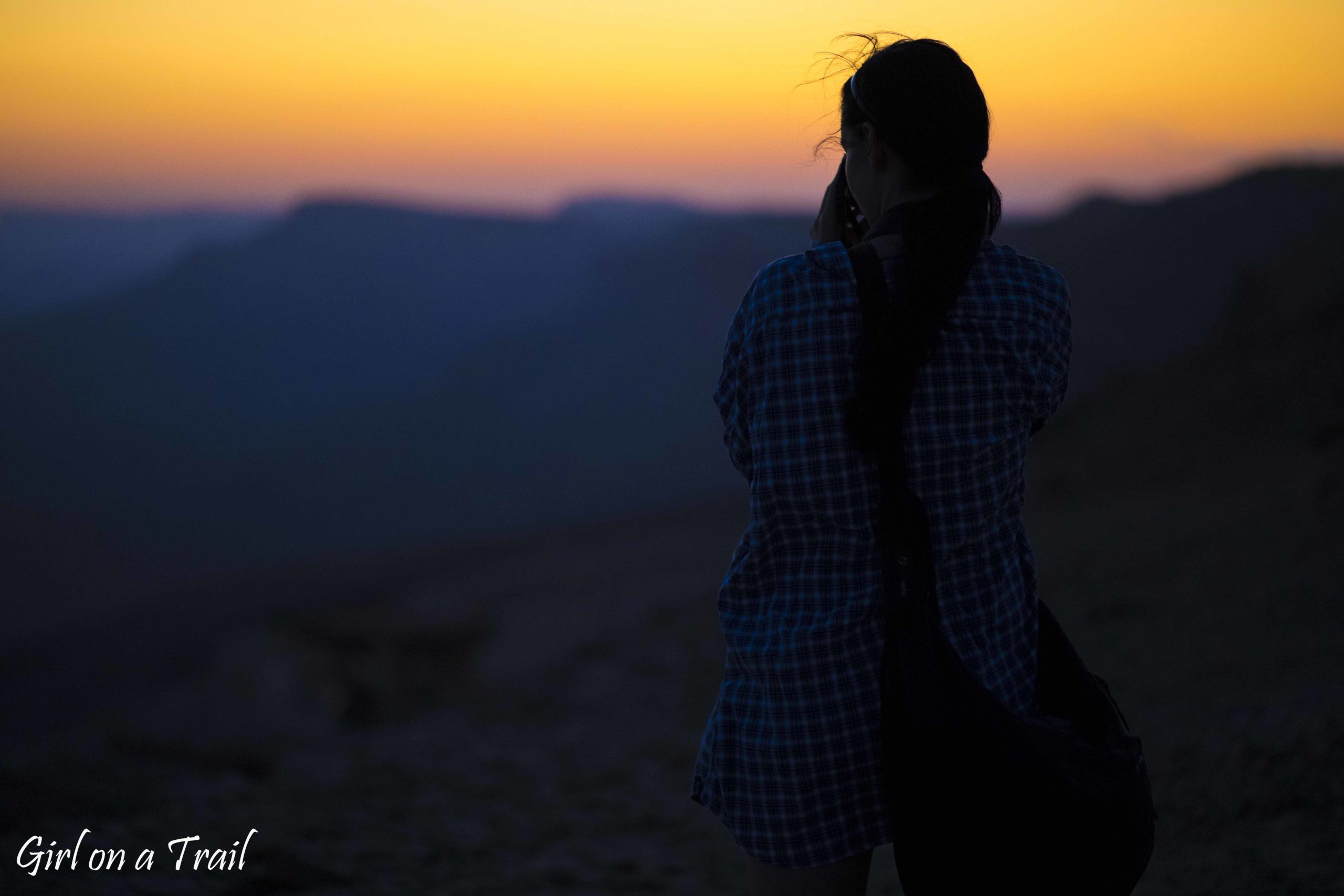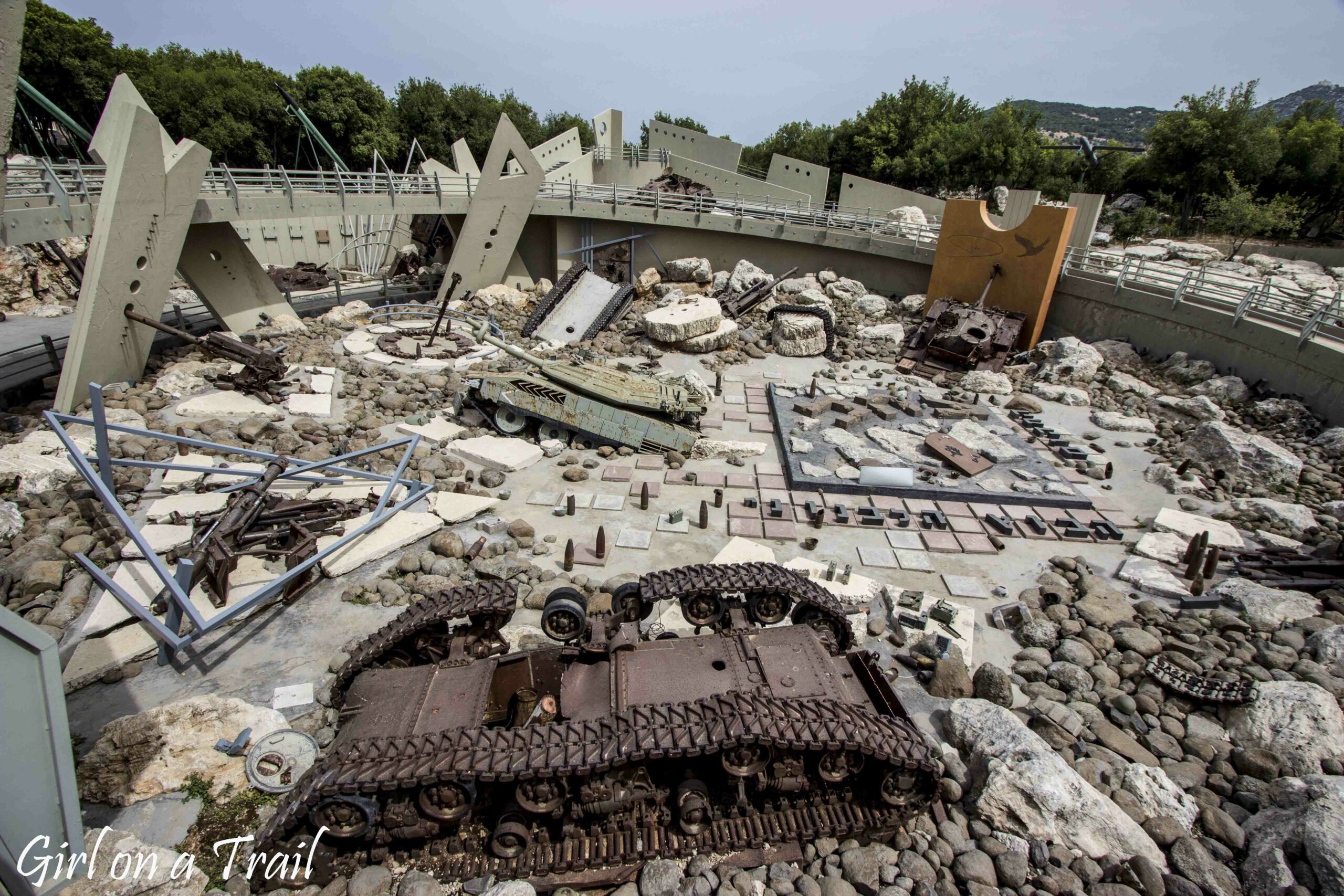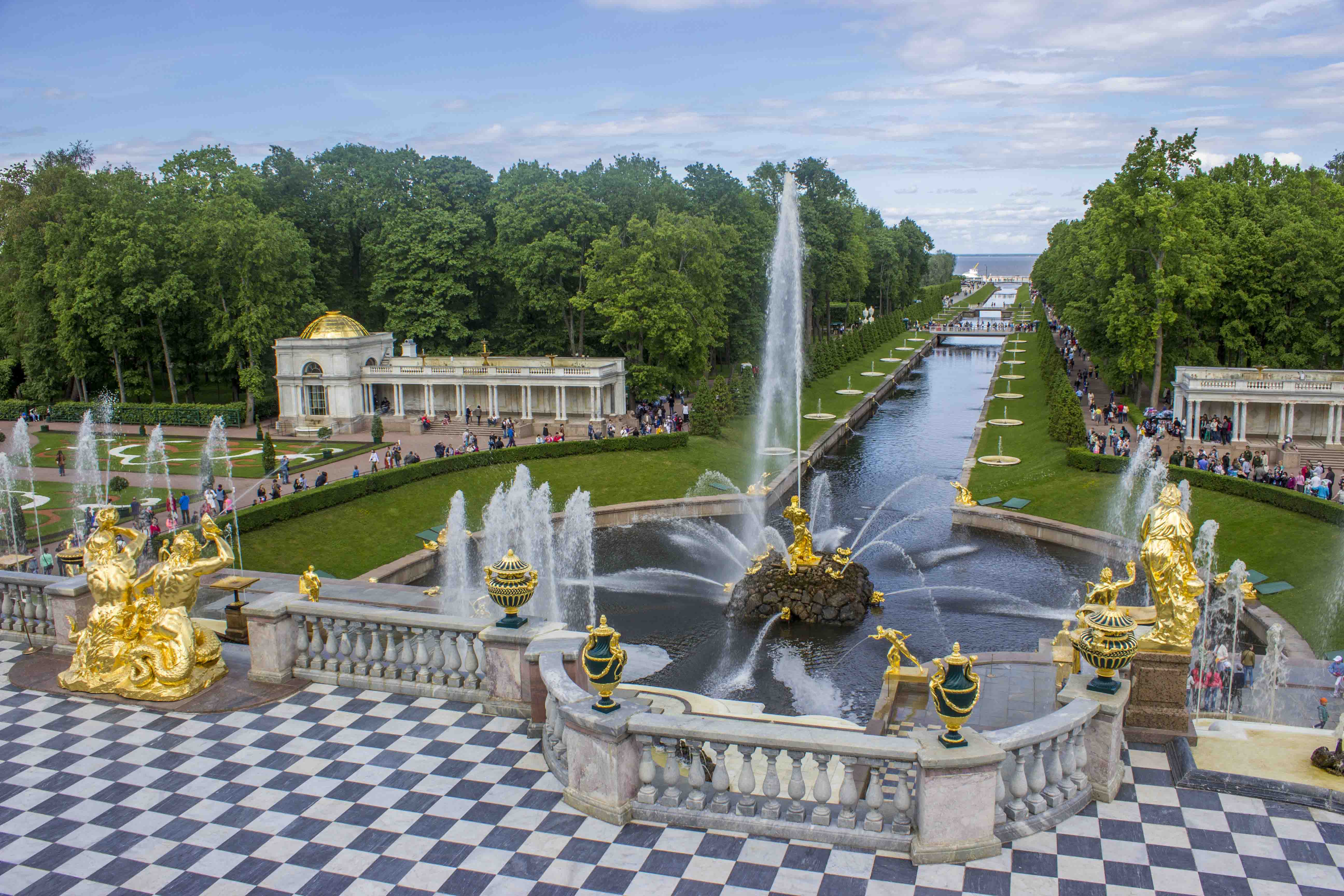
Lebanon – life in the country on the edge…
Lebanon is currently struggling with economic crisis as well as political isolation. It’s mainly associated with Hezbollah and the explosion of ammonium nitrate in the port of Beirut. However, the country used to be very prosperous economically. It attracted many foreign investors as well as tourists. It was called the Switzerland of the Middle East, while Beirut, the Paris of the Middle East, due to its characteristic buildings and a number of cultural events. What has happened that Lebanon is now in such a dramatic situation? This question has been bothering me for a long time. The media portray Lebanon as a dangerous country, which contributes to its progressive isolation. I don’t trust what is commonly presented to us, so I decided to check it myself. I was particularly interested in how everyday life in this country looks like, to see it from the perspective of ordinary people.
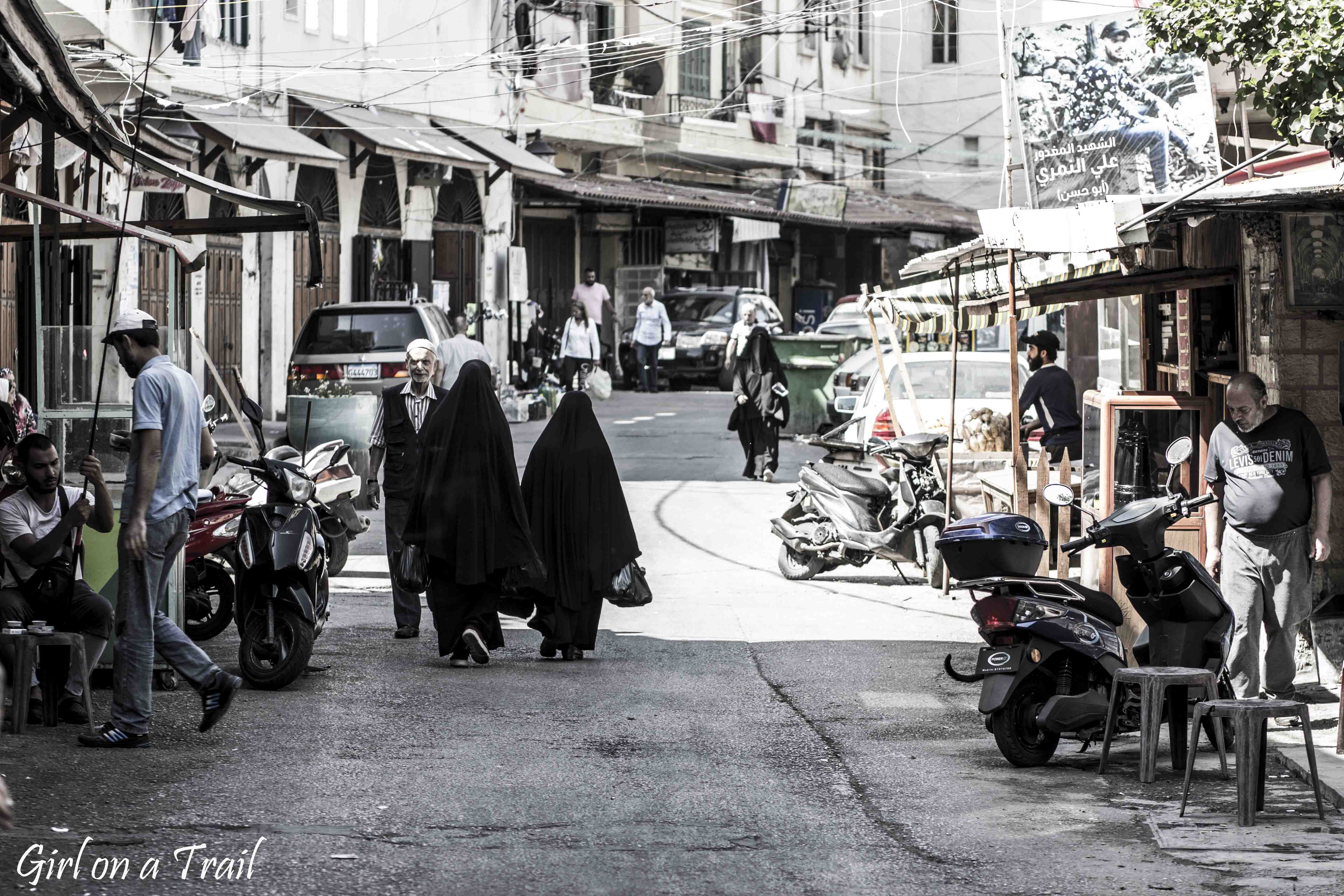
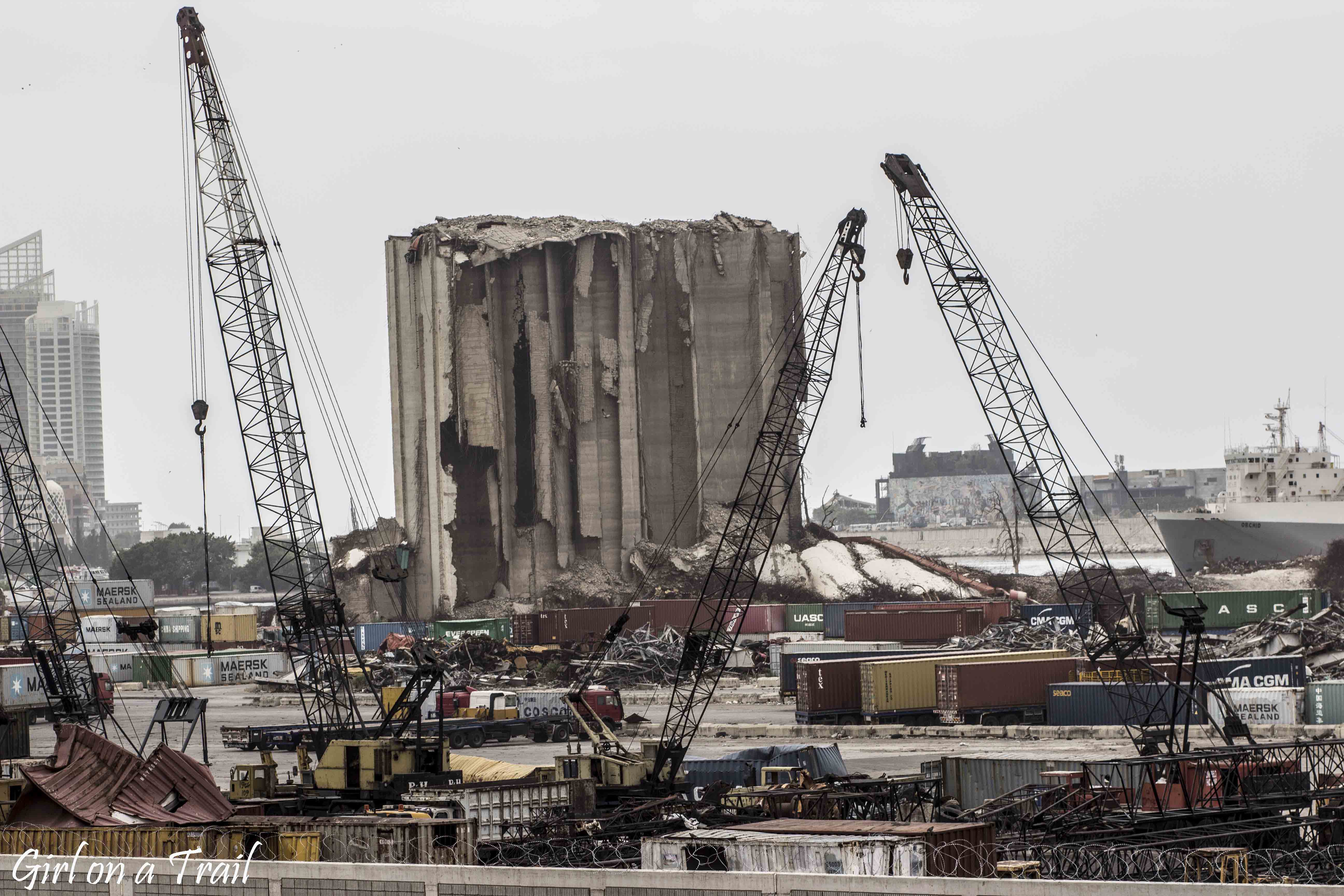
Based on my own observations and experiences, I can say that nowhere have I experienced such openness and cordiality as in Lebanon. I was also surprised by the honesty of the Lebanese people, not once did I hear the famous “dear my friend I have a special price for you”. From the point of view of ordinary people in Lebanon, the common image of the country is very damaging. Lebanese people are aware of how Lebanon is perceived and they didn’t hide their surprise that I decided to travel solo around their country. However, that was my intention, to show it in a different light, to break the negative image that is presented. I don’t want to get into politics in this post, but I won’t be able to skip some things completely. My intention is to show how Lebanon, from a culturally open country that helps refugees, has become a playing field for various external political as well as financial interests.
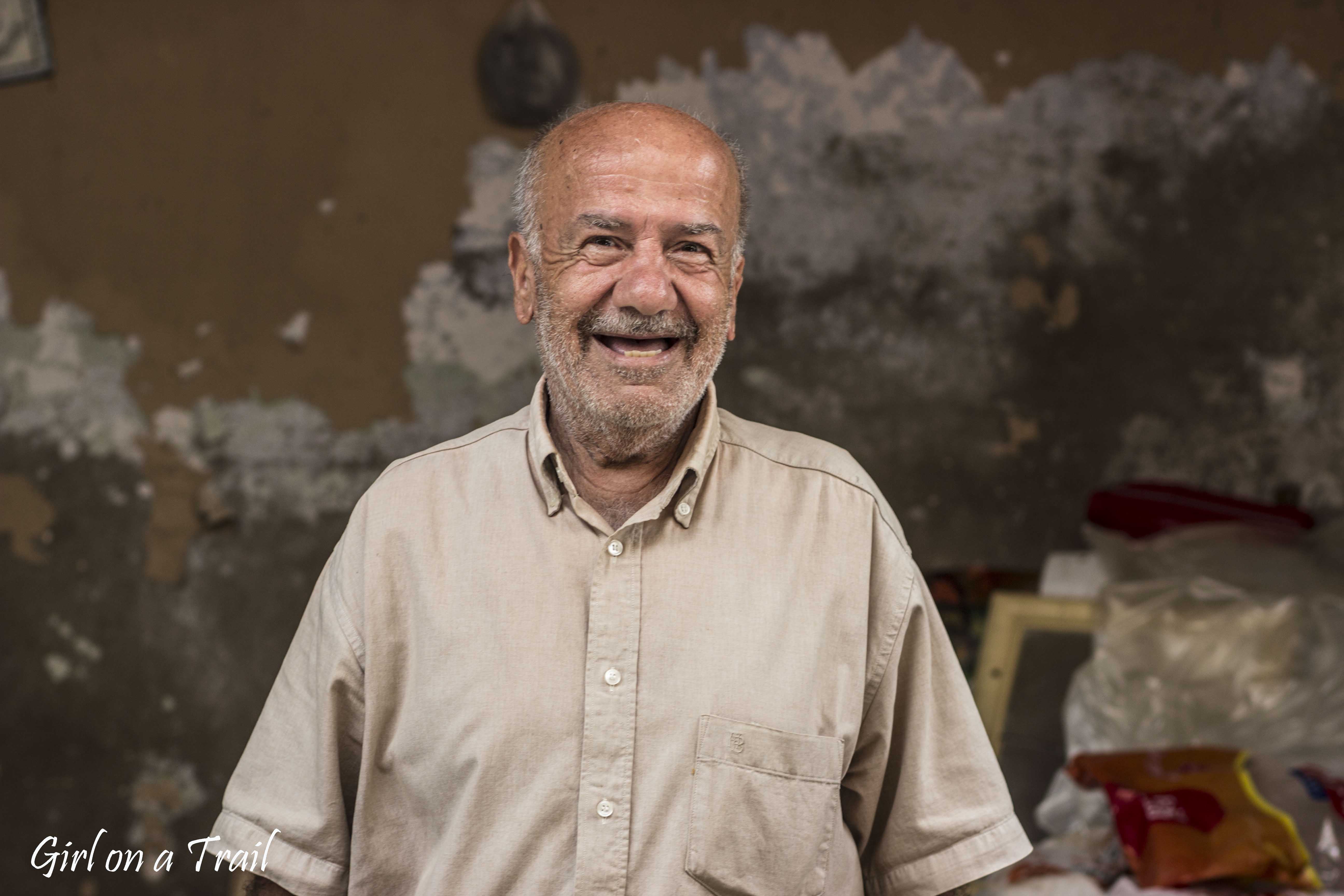
Lebanon has always been a country where Christians and Muslims lived together. Therefore, when it gained independence in 1943 (from the protectorate of France), it was decided to create a special political system guaranteeing equal participation in the exercise of power. It was based on the 1932 census, according to which Lebanon’s population was 55% Christian and 45% Muslim. However, as a result of the Israeli-Palestinian conflict, demographic changes took place. It is also worth pointing out that Lebanon has always been a country open to refugees. Many Polish civilians who fled the Soviet Union with the Anders Army found shelter here. Meanwhile, the Israeli-Palestinian conflict caused a massive influx of refugees from Palestine, many of whom belonged to the Palestine Liberation Organization. Unfortunately, the PLO over time developed in the territory of southern Lebanon to such an extent that it created a kind of “state within a state”. Attacks organized by the PLO on Israel caused Lebanon to become a party to the conflict.
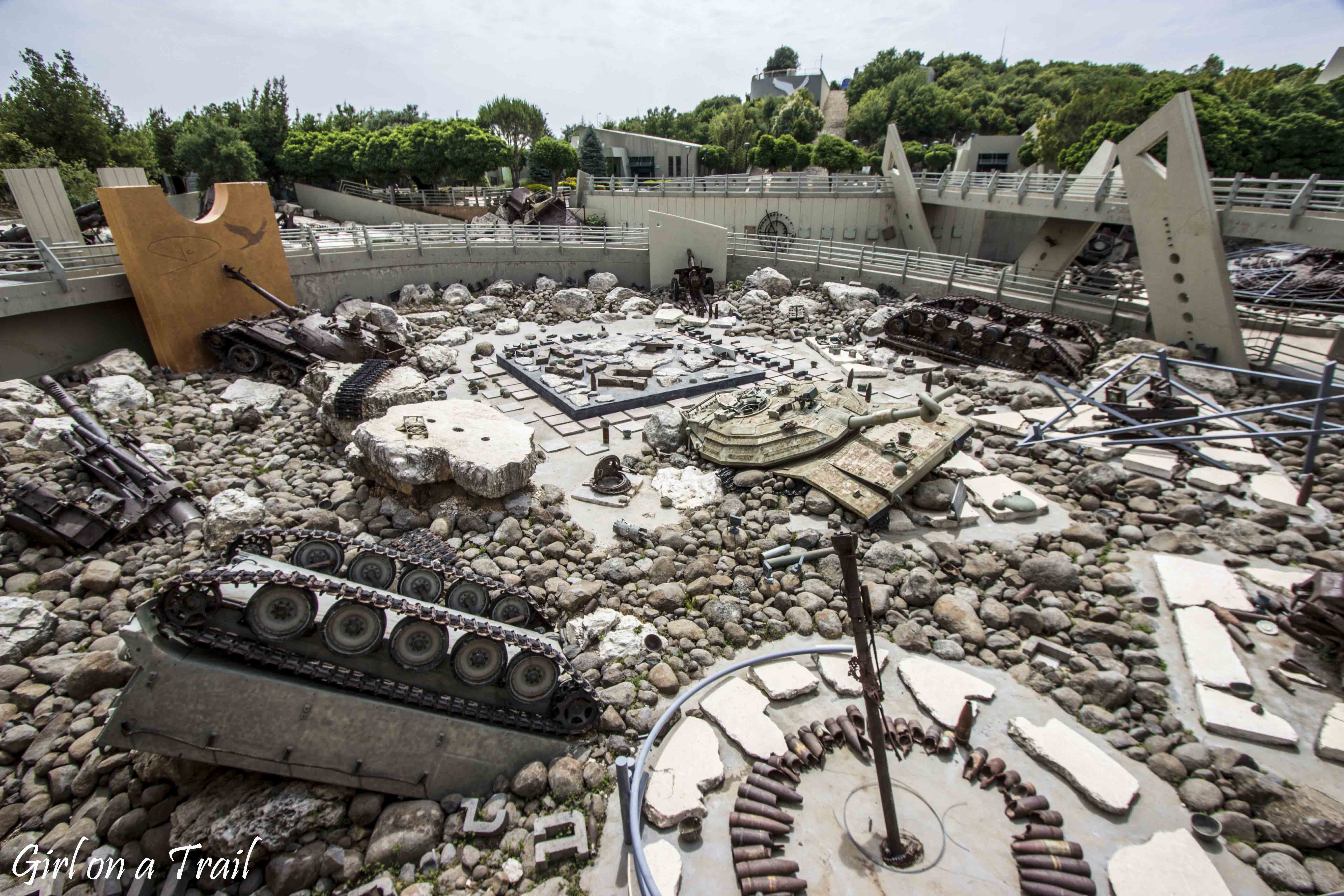
There were also claims for a revision of the existing political system due to the increased participation of the Muslim population. Increasing social conflicts eventually led to a civil war that lasted from 1975 to 1990. Syria also joined the conflict, and then Israel, which in 1982 occupied part of Lebanon including Beirut. A year later, PLO troops left Lebanon, while Israel withdrew to the border territory in 1985. The civil war led to the complete destruction of the country. Its effects can be seen to this day. At first glance, Beirut now looks like a modern city, reminiscent of Western metropolises full of skyscrapers. However, in its very centre you can see traces of battles.
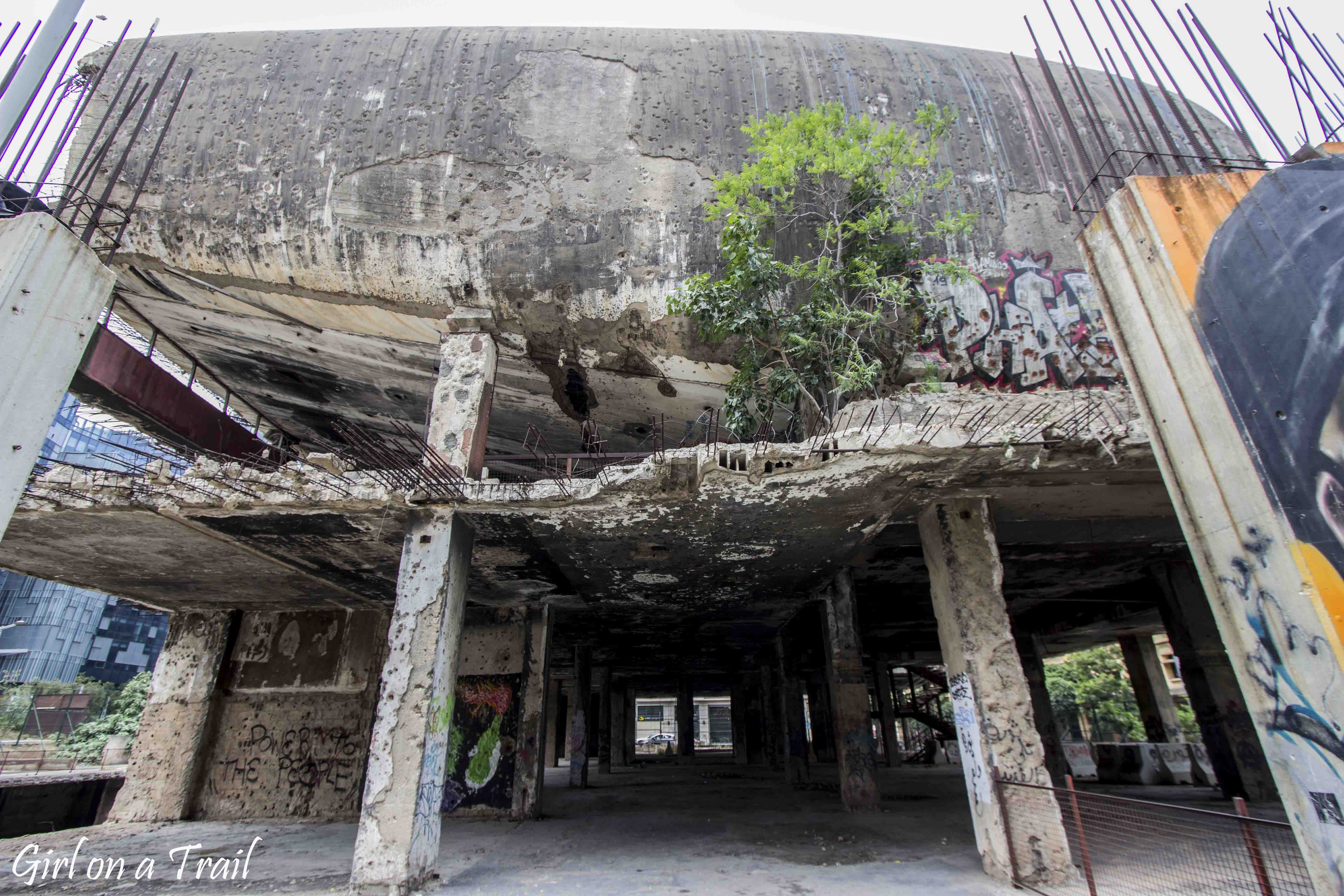
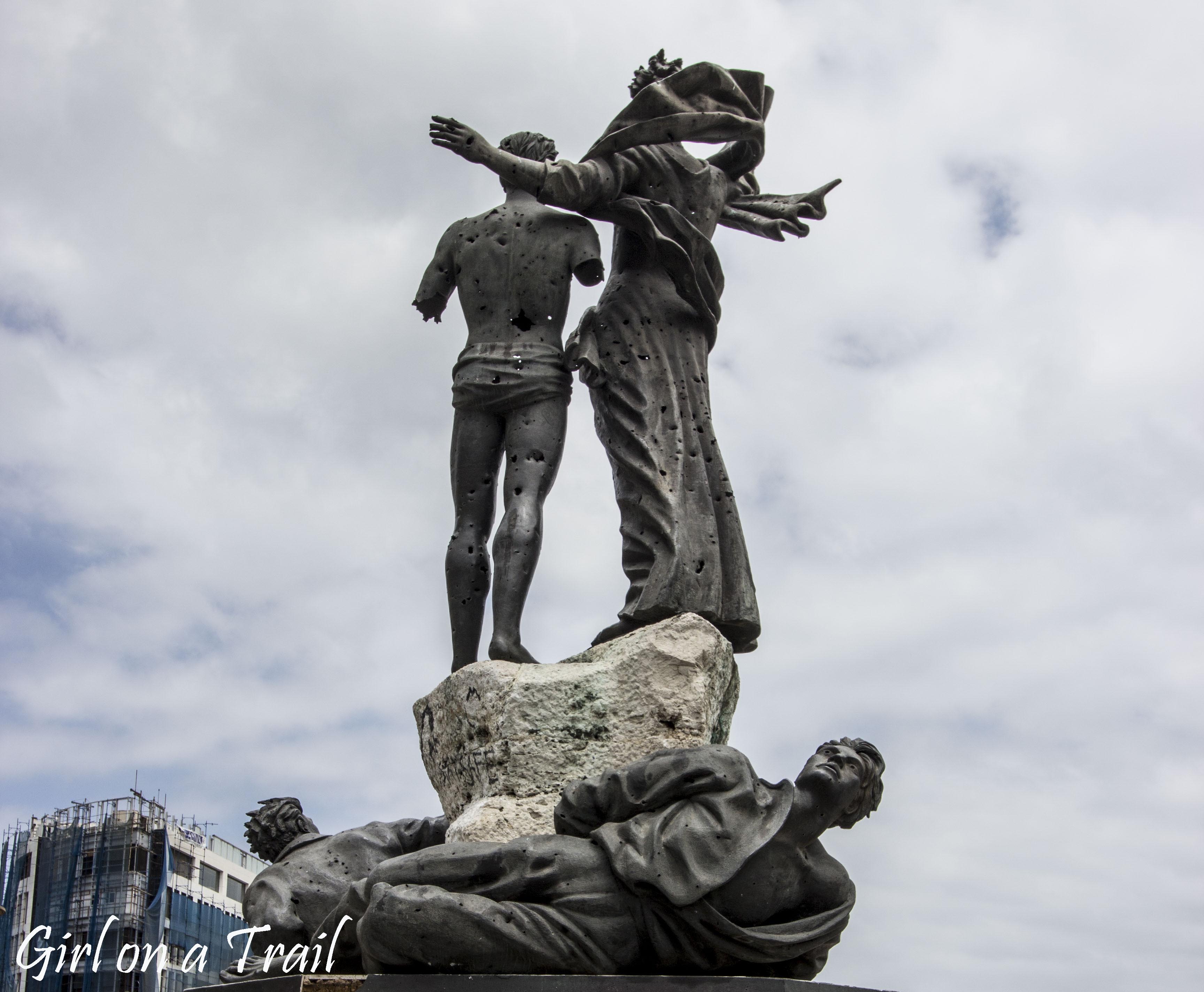
Despite the end of the Civil War, the situation in Lebanon remains very tense. During my stay in this country, I talked to both Maronites (a fraction of Christianity) and Muslims. I also visited territories belonging to Hezbollah. In Mleeta, I had the opportunity to get to know the point of view of representatives of this organization. Everyone agreed on one thing, all of them want peace in Lebanon, but each of them presented a different view on the organization of the country…
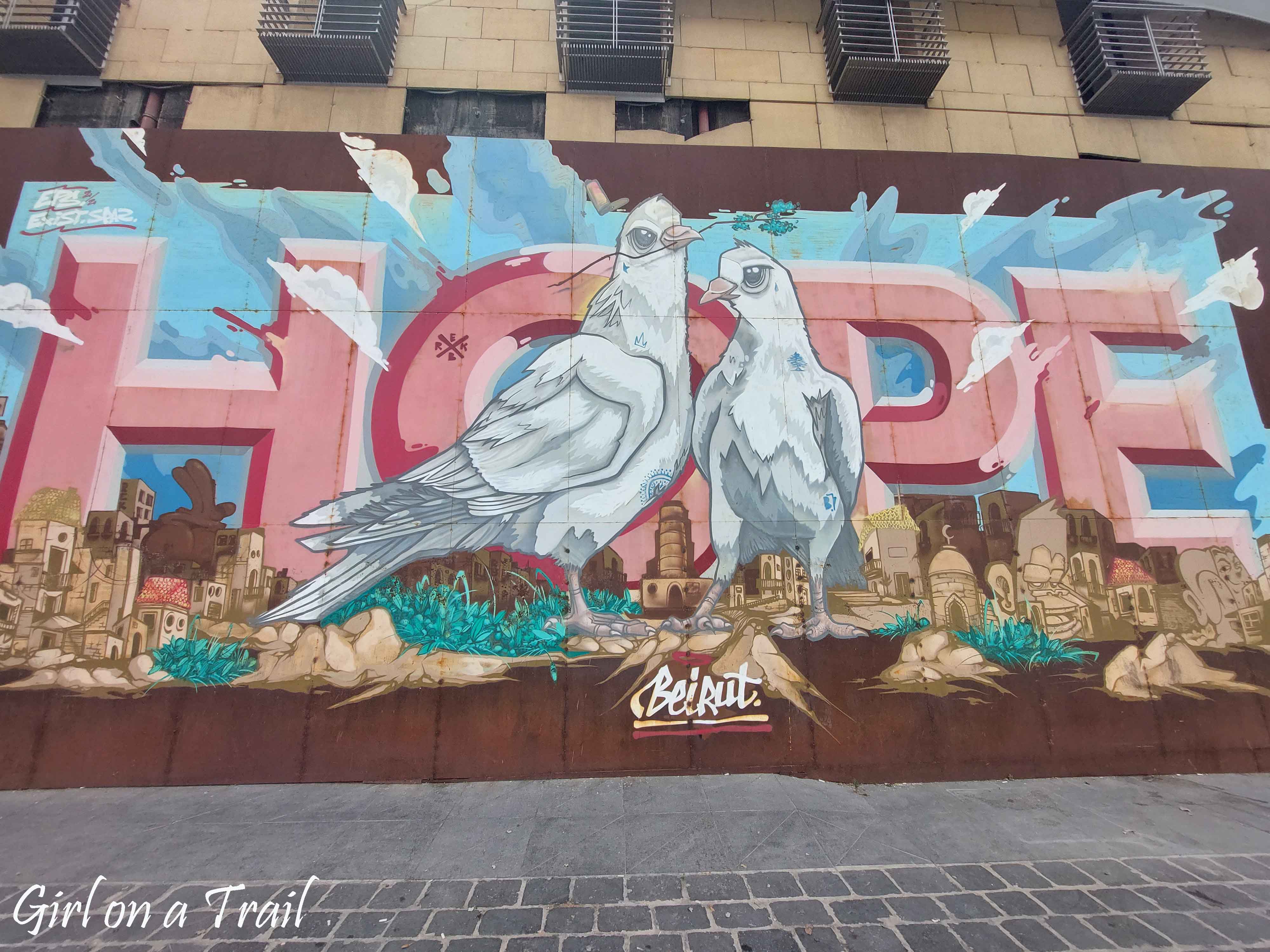
The currency of corruption and exploitation
After the end of the Civil War, Lebanon decided to link the pound with the US dollar. At that time, the fixed rate of the pound was assumed at 1.507 per $1. This was beneficial for trade and foreign investment and ensured stability for years. The Lebanese economy was characterized by minimal government interference and low taxes. In order to guarantee a fixed exchange rate of the pound, banks had to have large reserves of dollars.
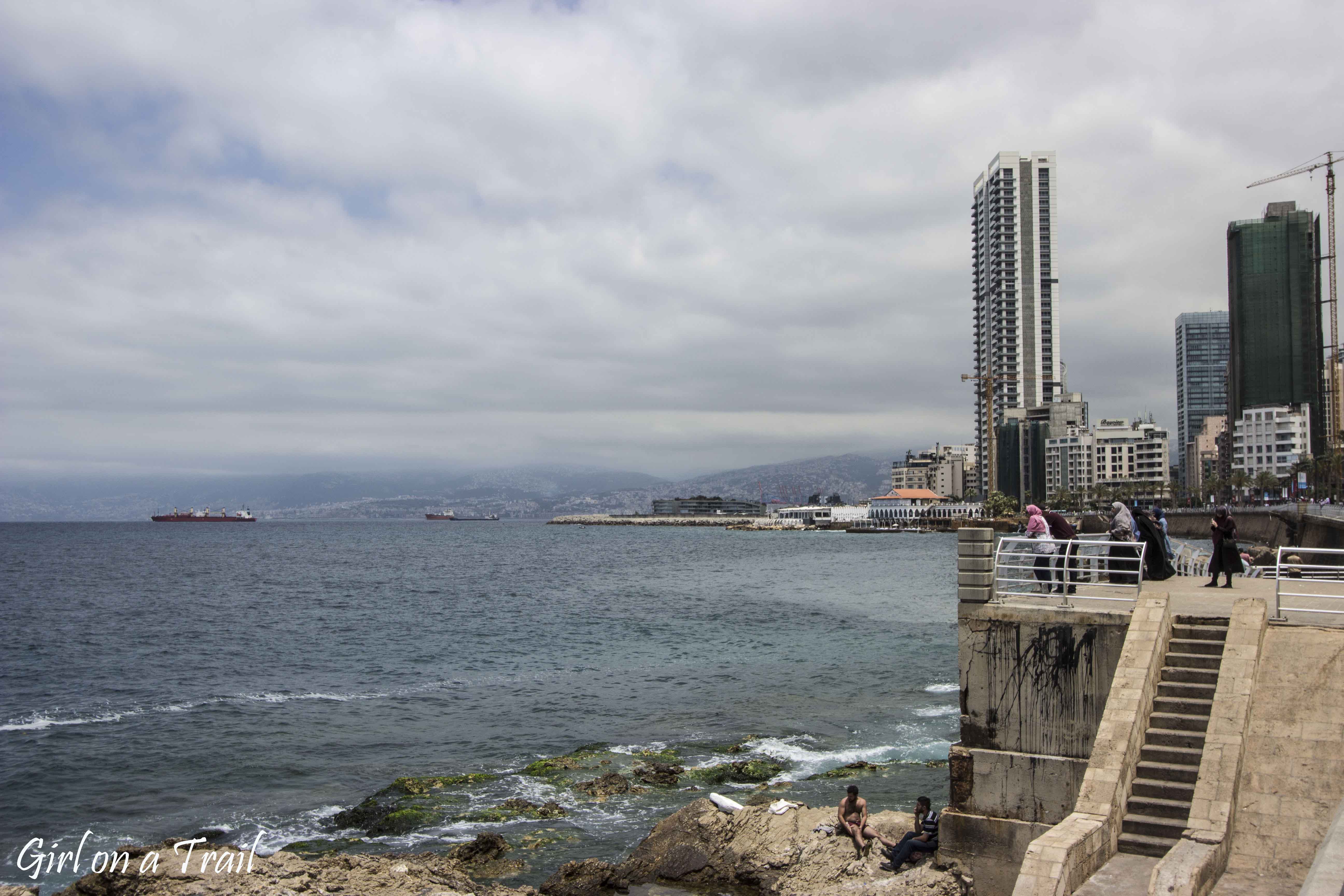
The situation changed completely after 2011, when the civil war broke out in Syria. Lebanon then had to face a massive influx of Syrian refugees.
The unstable situation in the region enabled the development of Hezbollah, which additionally discouraged foreign investors. In order to maintain a stable pound exchange rate, a special program was developed to encourage Lebanese to deposit dollars in banks. Currency accounts had high interest rates, guaranteed a profit of 15-20 percent per year. Thus, a Ponzi scheme was created. Initial depositors were repaid with new depositors’ money. People didn’t realize the consequences of this program until 2019. While the official exchange rate of the pound remained at the previously fixed rate, the currency devalued significantly in everyday transactions, and inflation exceeded 100 percent. Many people were unable to withdraw their money from the bank. The situation was further aggravated by the Covid pandemic, which brought tourism to a halt. The final nail in the coffin was the dramatic explosion of ammonium nitrate in the port of Beirut in August 2020.
The Lebanese government has taken a number of measures to fill the budget hole, including the idea of taxing calls on WhatsApp came up. This has caused numerous social protests, as many Lebanese use it to contact loved ones abroad. Due to the collapse of the banking sector in 2019, three different ponud rates were set (data from 2023):
– so-called “Sayrafa” – exchange rate set by the Lebanese Central Bank at 85,500 per $1. It is used in international transactions,
– black market rate of 143,000 for $1,
– official rate set at 15,000 for $1. This is the exchange rate for the Lollar – Lebanese dollar. This deposit is denominated in US dollars. Lollar is not a standard paper currency. It is more of information about outstanding deposit in US Dollars that can only be withdrawn in Lebanese pound.
As you can see, the official exchange rate and the black market are worlds apart. A system constructed in this way causes social inequality, banks use a preferential official exchange rate, which significantly differs from the real value of the currency. In this way, the burden of the state with the effects of the crisis and the losses of the financial sector was transferred to the citizens. Moreover, in addition to the usurious rate, there are also limits on the maximum amount of withdrawal from the account. In recent years, the media has presented more and more reports of armed bank robberies. However, this image is very distorted and harmful to the Lebanese people. Of course, bank robbery is a crime, but you also need to consider the circumstances. Bank robberies are an act of desperation for those Lebanese who have deposited their life savings in banks. The motive for many attacks was often the lack of access to savings, which were intended, for example, for surgeries of relatives.
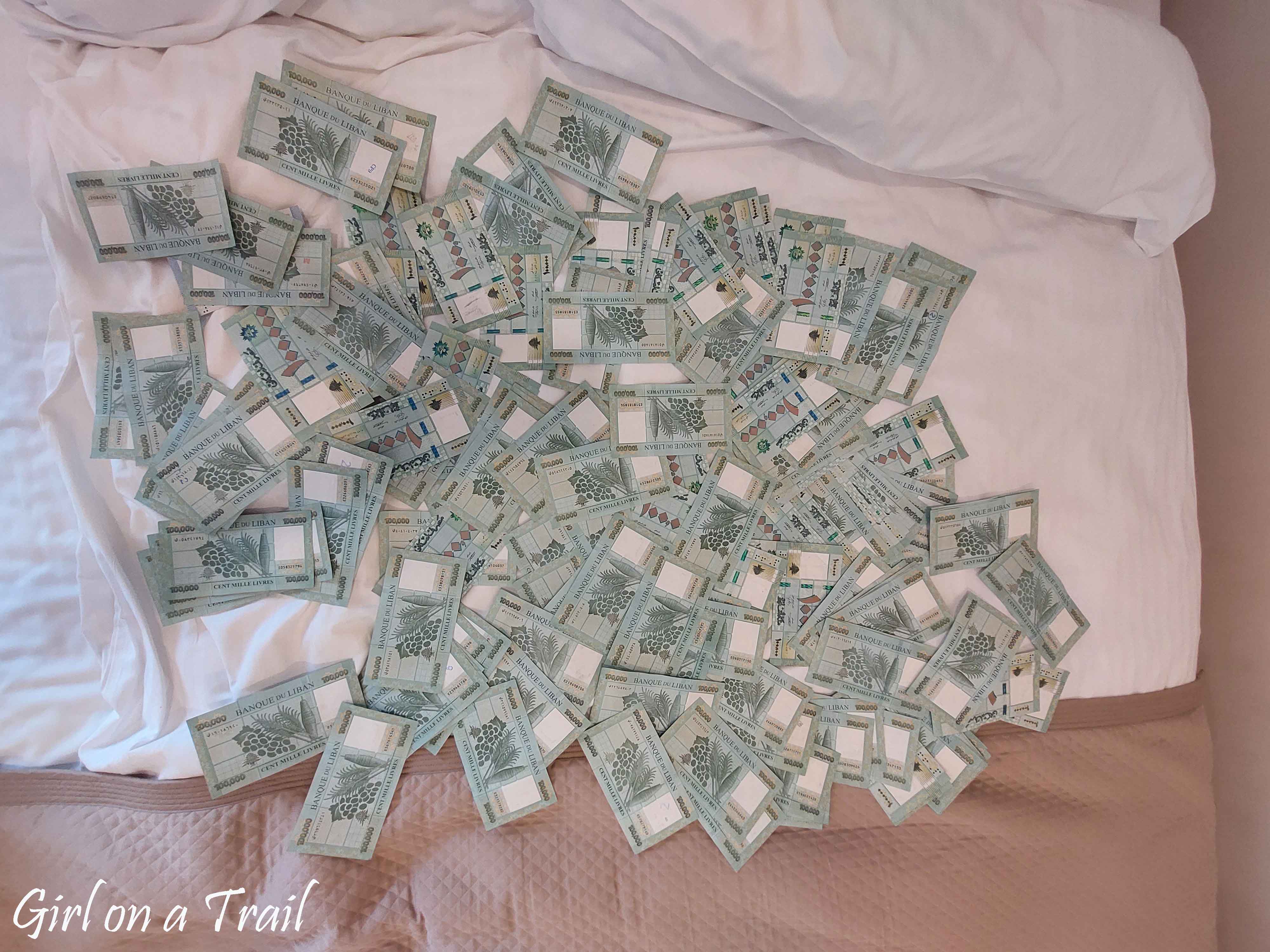
Corruption
According to Transparency International’s 2022 Corruption Risk Index, Lebanon scores 24 out of 100 (with 100 being the best score), making it 154th out of 180 countries. Corruption is ubiquitous, which is confirmed in everyday conversations by the Lebanese themselves, who have virtually no trust in state institutions.
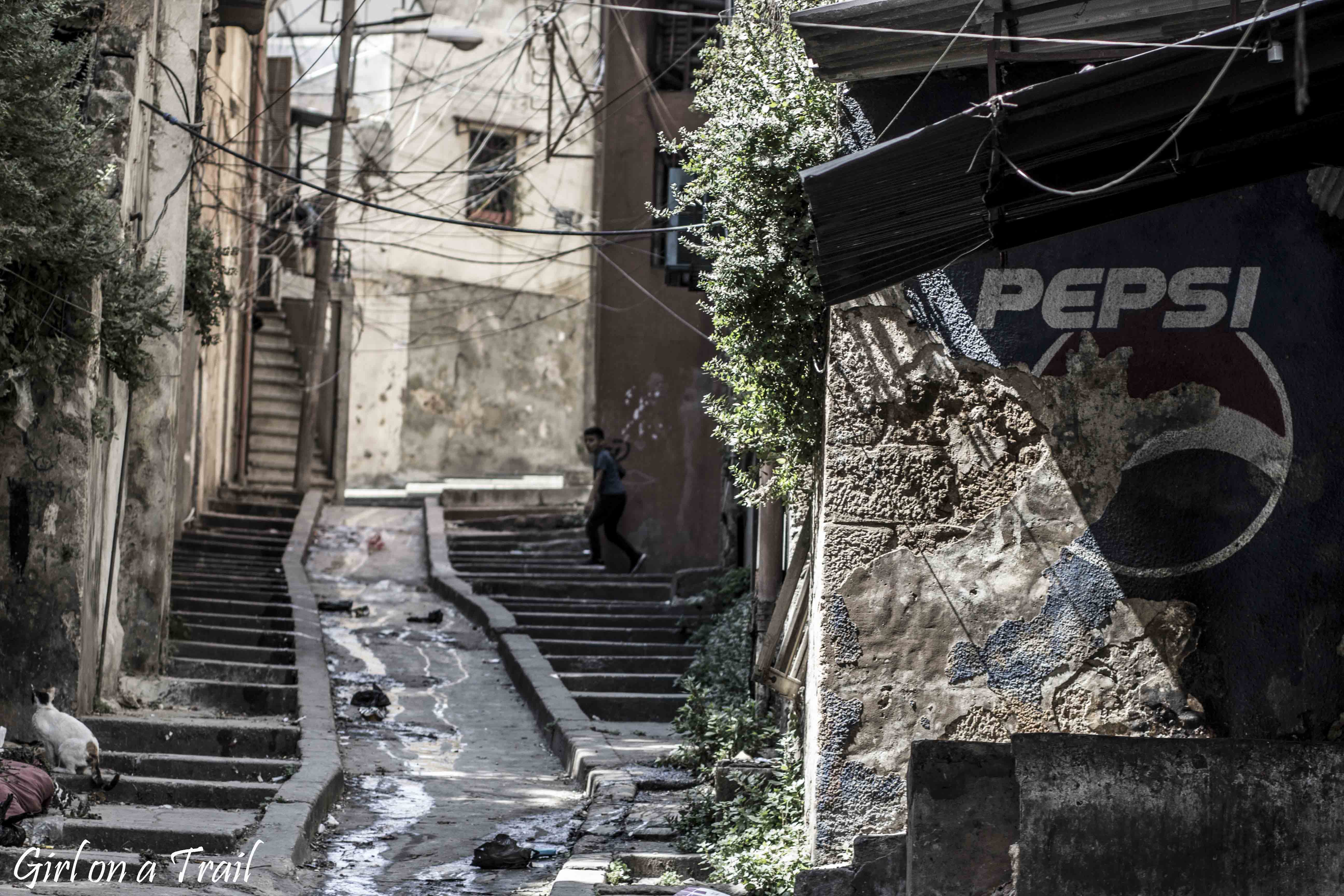
Emigration
Shortly after the outbreak of the conflict in Syria, Lebanon became the country with the largest number of refugees. According to UN data from 2022, there are about 1.5 million Syrian refugees in Lebanon, while the Lebanese population is only 5.5 million. The massive influx of Syrians caused numerous social and economic problems.
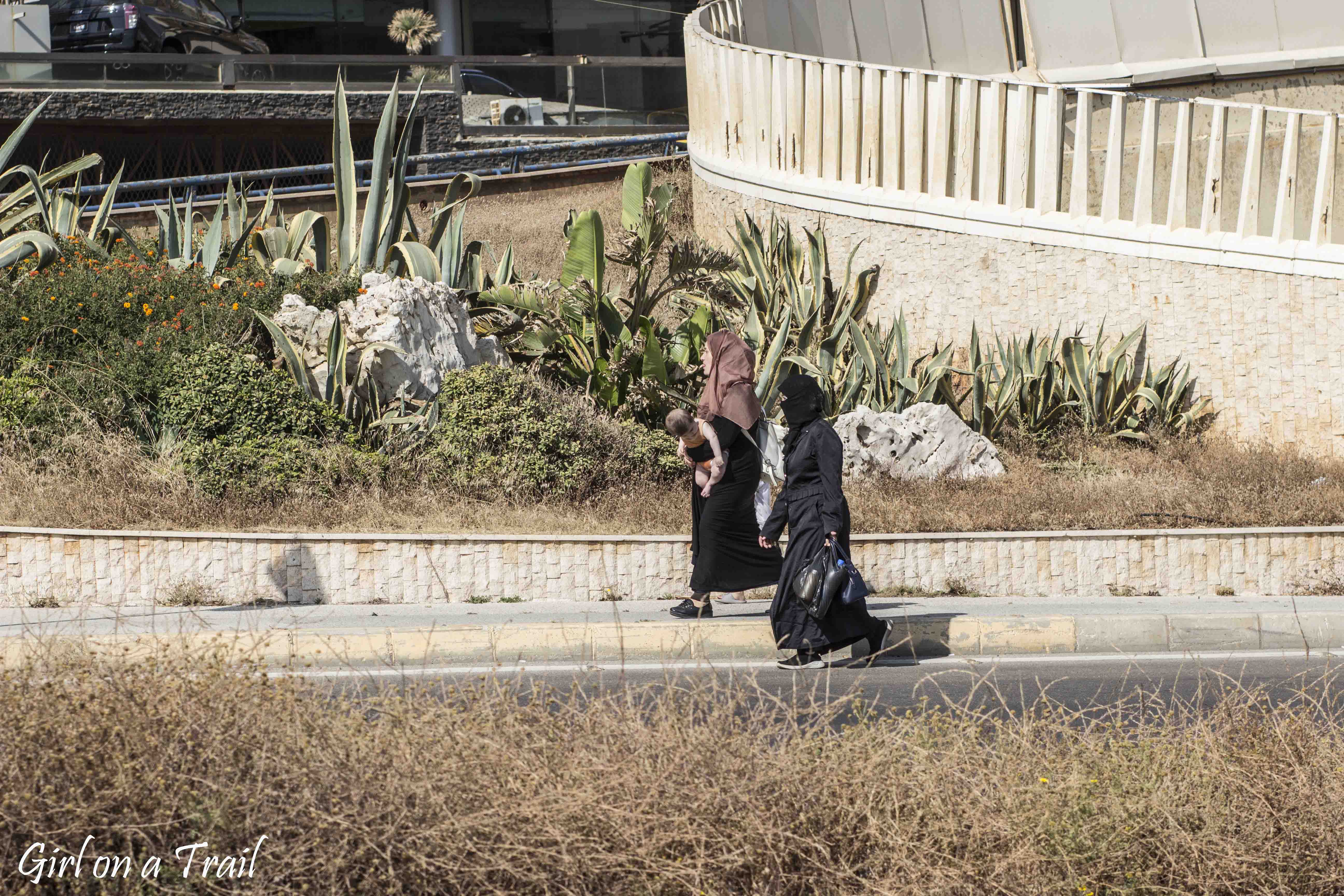
First of all, unemployment has increased significantly in recent years. The influx of cheap labour from Syria has lowered minimum wages. The population of Lebanon is approximately 5.5 million, while it is estimated that between 8 and 14 million Lebanese live outside the country. Particularly high dissatisfaction can be seen among young Lebanese. The highest rate of unemployment, as well as the minimum wage for work, resulted in mass emigration of young people.
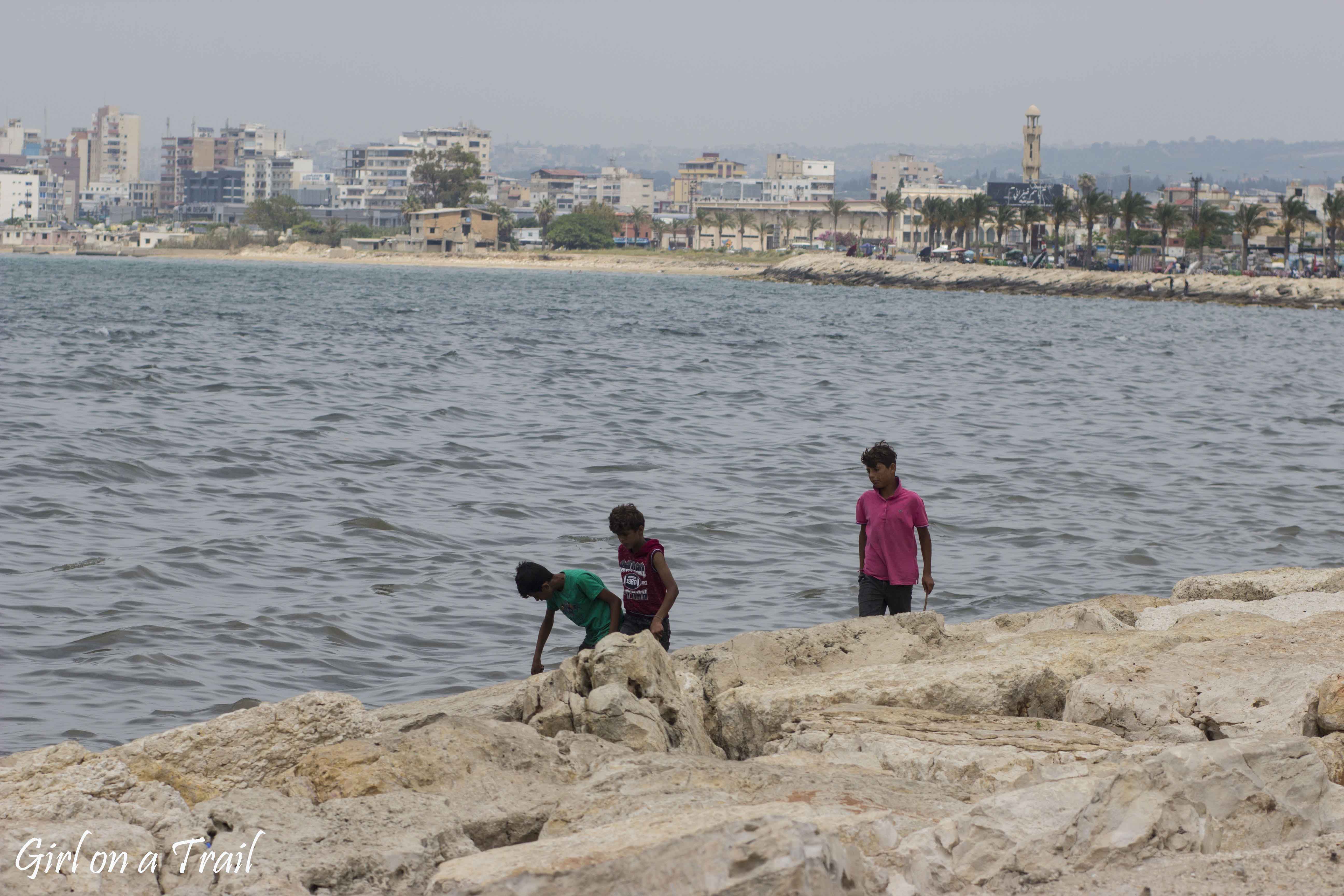
Checkpoints
Currently, when driving around Lebanon, you can see numerous checkpoints. The largest are located in the cities and look like fortified bastions. From the outside, they are secured with concrete slabs and barbed wire. In addition, the entrance gates are guarded by guards and tanks. So far, I have visited many places characterized by an unstable political situation, such as Nagorno-Karabakh or the Transnistrian Republic of Moldova, but I must admit that nowhere have I seen barricades of such a scale as in Lebanon. The biggest surprise for me was the great fortification in the very centre of Beirut. It can be seen in the area of Place de l’Étoile, which is adjacent to the Martyrs’ Square and the most important tourist attractions of the city, such as the Mohammed Amin Mosque or the ruins of the Roman baths. Within this enclosed area is the building of the National Assembly of Lebanon (i.e. Parliament) as well as the Ministry of Finance, further comment seems unnecessary…
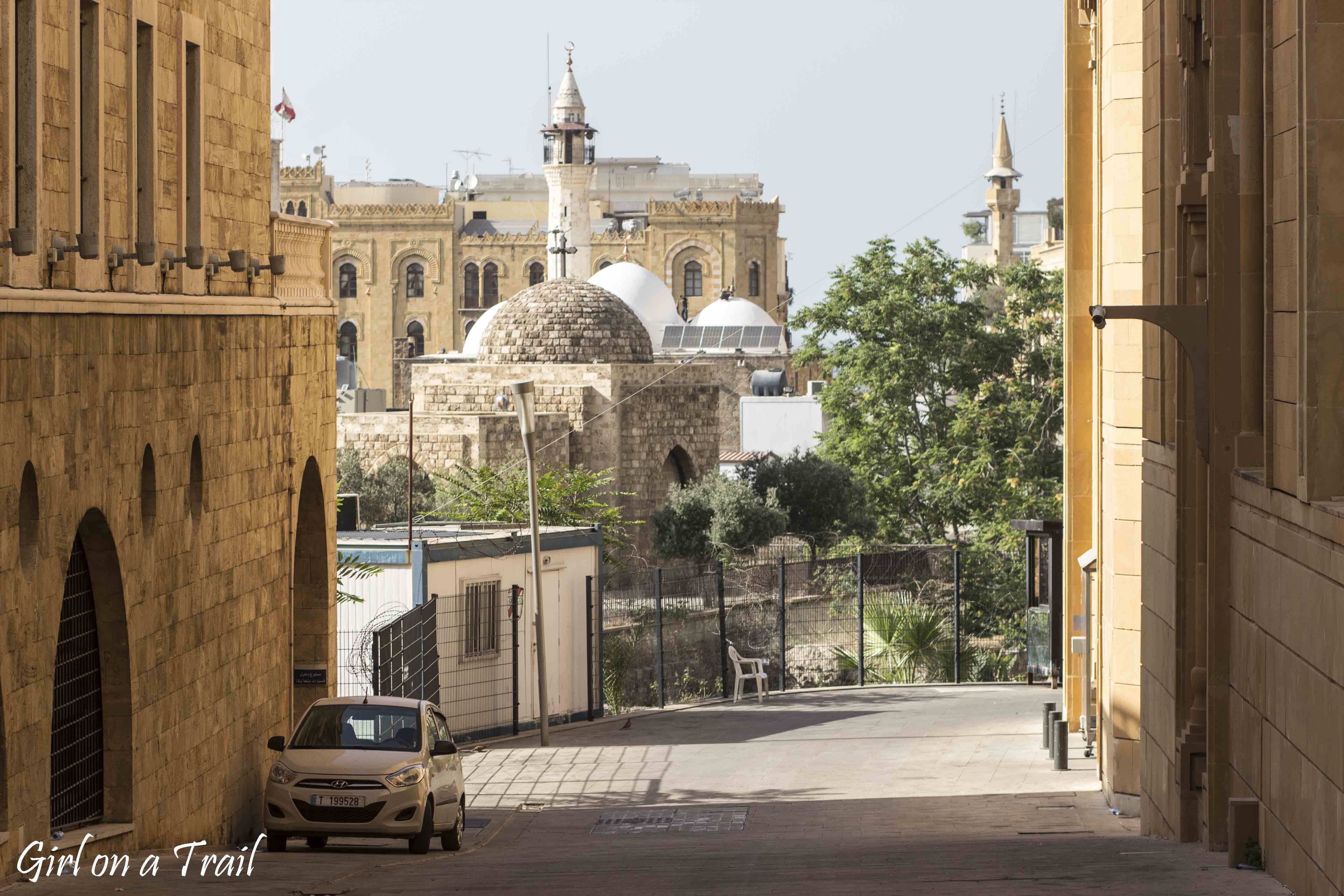
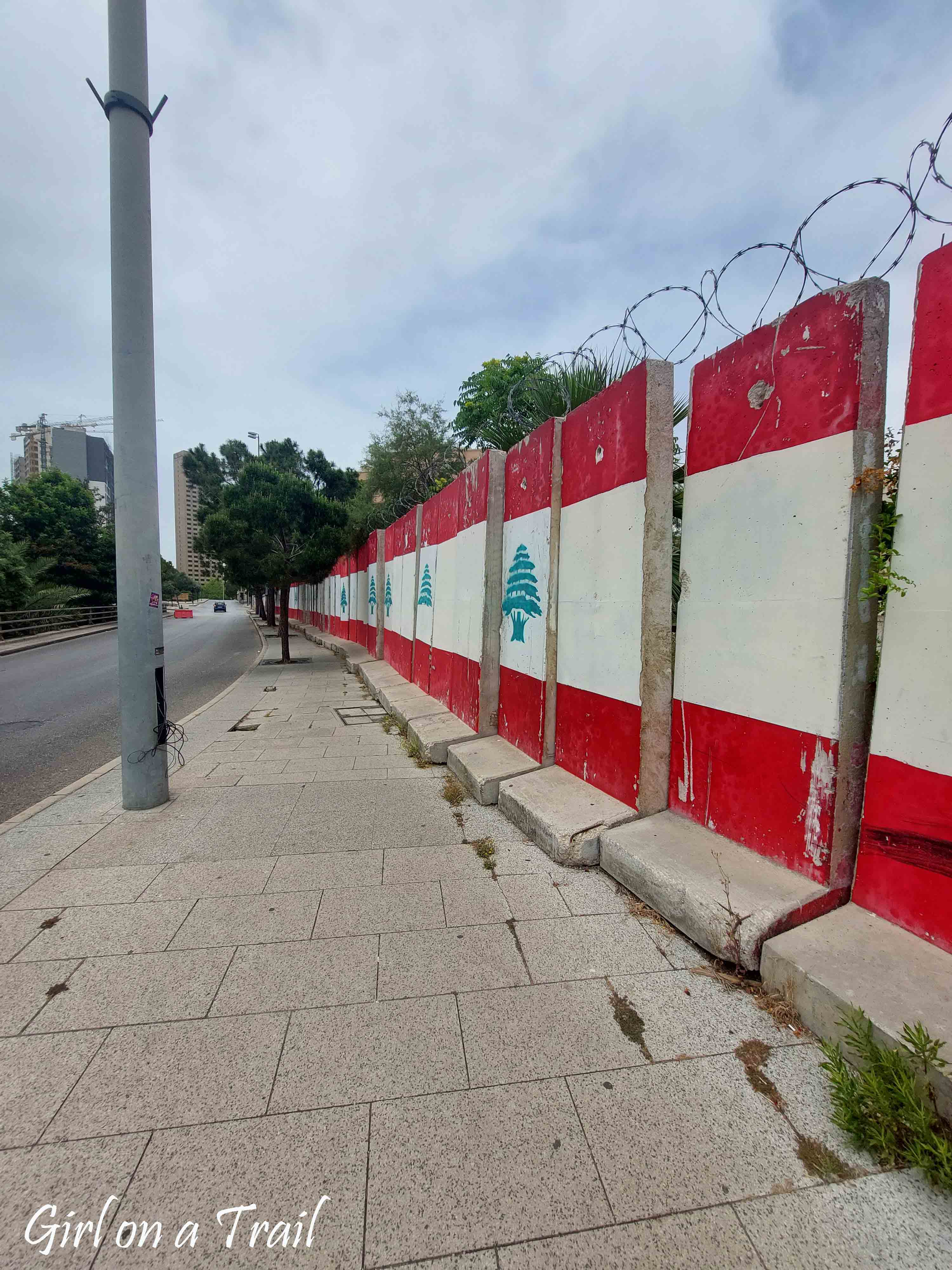
Life in Lebanon
The low exchange rate of the pound and economic problems resulted in a drastic impoverishment of the society. The average salary in Lebanon is around $550 per month. The rising cost of living is a big problem for many people. Example costs are as follows: a litre of gasoline – about $1, a lunch at a mid-range restaurant is about $15, a loaf of bread – $0.90, a kilo of chicken – $7, a bottle of wine in a store is about $6.
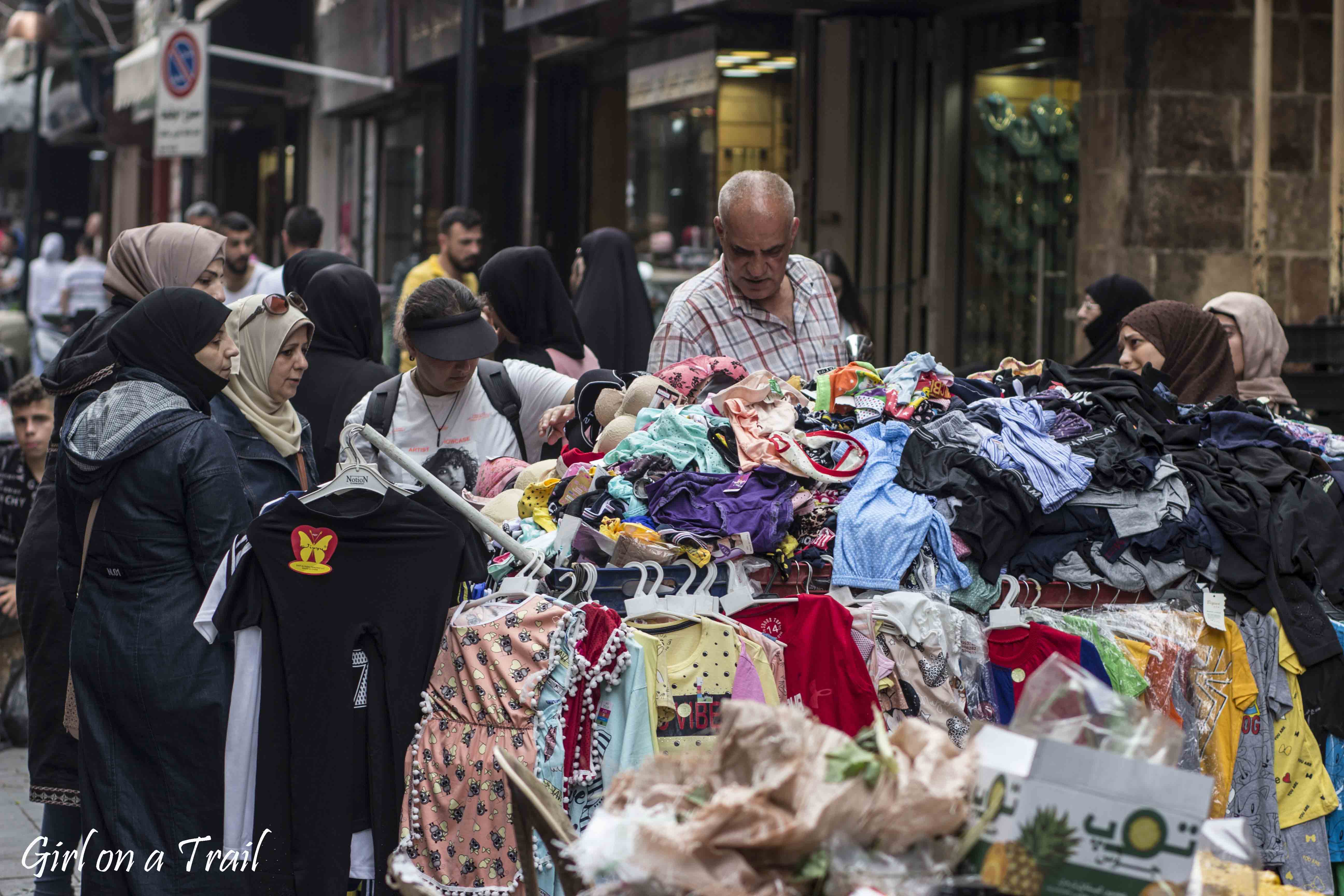
The financial collapse of the state makes it impossible to maintain the infrastructure. The authorities fail to meet the basic needs of citizens. Lebanon is struggling with the continuity of electricity supplies. This is especially evident in Beirut. During the day there are power outages, while at night the city is plunged into darkness.
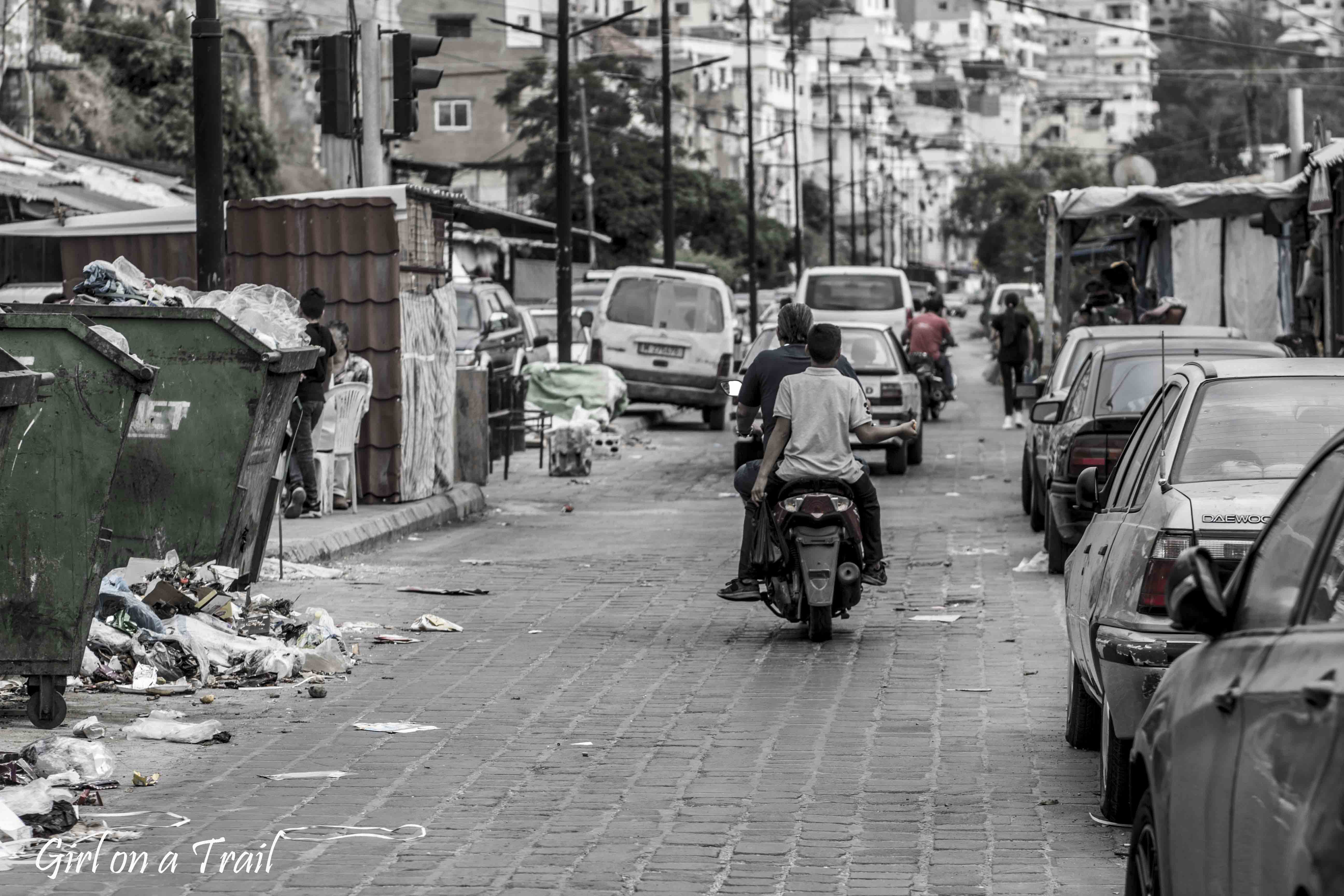
Lebanon has a huge tourist potential. Historical places, amazing landscapes, excellent cuisine and open-minded people make this country unique. Unfortunately, clientelism, favouritism, inept politics, both domestic and international, combined with the interference of foreign interests, have brought this country to the brink of collapse. However, in the shadow of all these political games are ordinary people affected by tragedy. It is worth visiting this country for them.
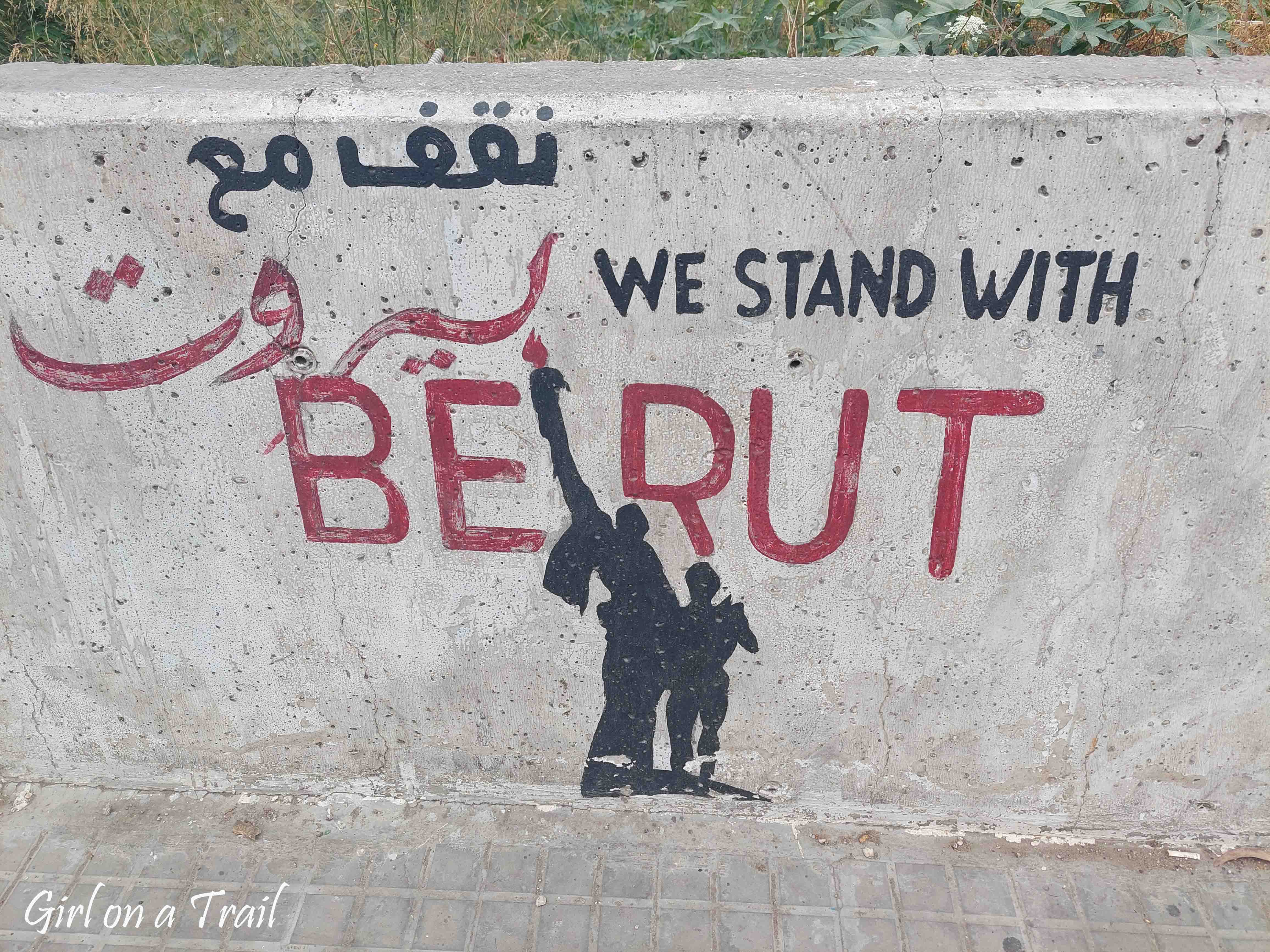
Do you like this post? Find out more here.



